Q: After formulating products for other brands for over a decade, what is it about your own product that you wanted to create and why did you want to create it the way that you did?
A: When working through the creative process of creating products for a client, the difference is usually that you’re working backwards from them saying, “This is the end dollar figure that I have and this is the cost that I can predominantly play with.” For instance, you work backwards from them saying that they have $10 to work with in terms of thecost of the product. From there, you’re sourcing ingredients, packaging, design, marketing, whatever it may be, to trace back from that dollar value.

On the other hand, when you’re creating your own product, you’re starting with a complete blank canvas. The question I ask myself is, ‘If I could make the very best product in the world that ticked all of the boxes for performance, being clean, natural, healthy, good for the planet, environmentally sound, sustainable - what would that look like?’ Then you have to work out whether the price point of all of those things you want in a perfect product are commercial. Sometimes you’re lucky and it is, but other times you’re not as lucky and have to think, ‘At this time point in the world, no one can afford a protein that costs $200. So what can i do to make it worthwhile?’
This may mean you change the pack size or the packaging options you’re using or some other aspect of the product where costs can be saved.
One thing now, being on the other side, is that I’ll never compromise on the ingredients. I can compromise on other things, be it the amount we'll spend on a marketing campaign or the amount we’ll spend on gifting, but we won’t compromise on the core soul of the product. To me, this is the most important thing. Everything else can be adjusted, but we won’t change that. We’ve got too much to lose and too much of a reputation to possibly sacrifice anything in terms of the quality of our ingredients.
Previously, a lot of what I was working on was very much targeted towards the general population. However, now we’re working with either very high-end combat athletes where the stakes are extremely high; You risk their safety, their career, their own reputation - so we’re working at the very pinnacle of the market and all aspects of our work have to exceed that. Then, on the other hand, we’re working with the general population that are throwing themselves into a sport that is demanding and taxing on the body, that even the beginner enthusiast is physically pushed to the limit. So there can’t be a compromise on ingredients. This is good, it keeps our focus honed on exactly what we need to do from a nutritional point of view and we never sway from that.

Q: What were you looking for when you were creating the range that we have today?
A: For me, I was more so really looking for something that wasn't about aesthetics, it wasn't about the hype, it wasn't about strange flavours. It was just simply driven from the fact that I was admittedly new to a sport (combat sports), but I’d been in sports all my life. I’d been in other sports and had seen what worked well, and also what hadn't worked so well.

I knew that, naturally, there are certain sports that led the way for performance. In sports nutrition it was bodybuilding, so everyone worked backwards from what a bodybuilder did. A body builder would eat six times a day, have a certain amount of protein, eat within 30 minutes of their workout, sleep a certain length of time, and so on. Bodybuilding led the way forward for sports nutrition and then other sports followed. The common mindset from athletes in these other sports would be, ‘Well I lift weights, so I can copy a fair bit of what bodybuilders are doing’ or ‘I do cardio, so I can follow some of what they are doing’. They just adapted from the sports nutrition followed by bodybuilders. That’s the basis of how sports nutrition was formed from the days of Arnie (Arnold Schwarzenegger).
The problem I found with this was that none of the sports nutrition aspects for bodybuilders translated to combat sport or mixed martial arts. I was the case in point for this because I came from rugby league, which was extremely focused on heavy strength and heavy power. It was a very systematic training process: lift weights three times a week, recover. The goal was to get as strong as you can, as fast as you can, and as big as you can.
I found the different approach of martial arts very interesting. It was crazy - the dynamic of punching and kicking, the process of recovering from that compared to the process of recovering from grappling. The process of doing cardio to be fit enough to endure 25 minute matches, yet still remaining mentally strong and alert to keep your head from being knocked off! And to top it off, staying injury free and hydrated as you sweat so much, often more than you would in other sports.
It was clear to me that sports nutrition specifically for combat athletes hasn't been covered. It hasn't been approached from a holistic perspective. So I thought to myself, ‘I know a lot about sports and I know a lot about sports nutrition. How can I make sports nutrition products that meet the unique needs of people in the combat community?’

What I’m not an expert on yet, and I certainly don’t claim to know much about, is when weight cutting is added into the mix of training hard and eating well. Admittedly, this is only done by competitors, so it's a very small percentage of the martial arts community that are weight cutting regularly. It’s another world in itself, and it's something that we need to research more. But in terms of day-in, day-out performance, I was struggling with being new to the sport and was looking for the support of clean, premium supplements that would target my specific nutrient needs.
Q: Who should take CMBT and does everyone need it?
A: The person who should take CMBT supplements is someone who has plateaued with their performance and wants to go to the next level. There are levels to everything and you can 100% get really far by doing everything right. Be it sleep, nutrition, recovery, massage, or any other process that can help range of motion, flexibility, strength. You can become a world champion by doing everything 100% right.
I guess what the everyday person doesn’t have the advantage of is time. If you are trying to expand your skill sets, improve your recovery and still have a life with family and friends, ticking all the boxes for nutrition can be extremely difficult.

All we were trying to achieve with the range of CMBT supplements was to make life that little bit easier because sport is unforgiving and life can be unforgiving. Plus, it becomes almost impossible for those who are parents training twice a day, work anywhere from 10 - 12 hours a day, and have other commitments outside of their job to look after their kids. But more than anything, they wanted that performance. Amongst everything else, they still wanted to train and compete at the very best that they could for that hour, hour and a half, two hours, however long they were on the mats.
Creating our range of CMBT Nutrition supplements was our way to help members of the combat community smash their goals and feel amazing through affordable, optimal nutrition that would fit seamlessly into their lifestyles. We wanted our products to be accessible to everyone, not just to the 1% of the world that’s at the elite level athlete, but simultaneously provide exactly what an elite level athlete could take. The mum that's just started kickboxing for the first time still takes the same product that a world champion like Alex Volkanovski takes in the form of protein. Their serving sizes may be different, but the ingredients are still drug tested, clean, natural, and go through the same manufacturing process to ensure that everyone receives the very best quality product that they can possibly buy.
Click here to explore our range of unbeatable supplements for optimal sports nutrition specifically targeted at combat athletes.

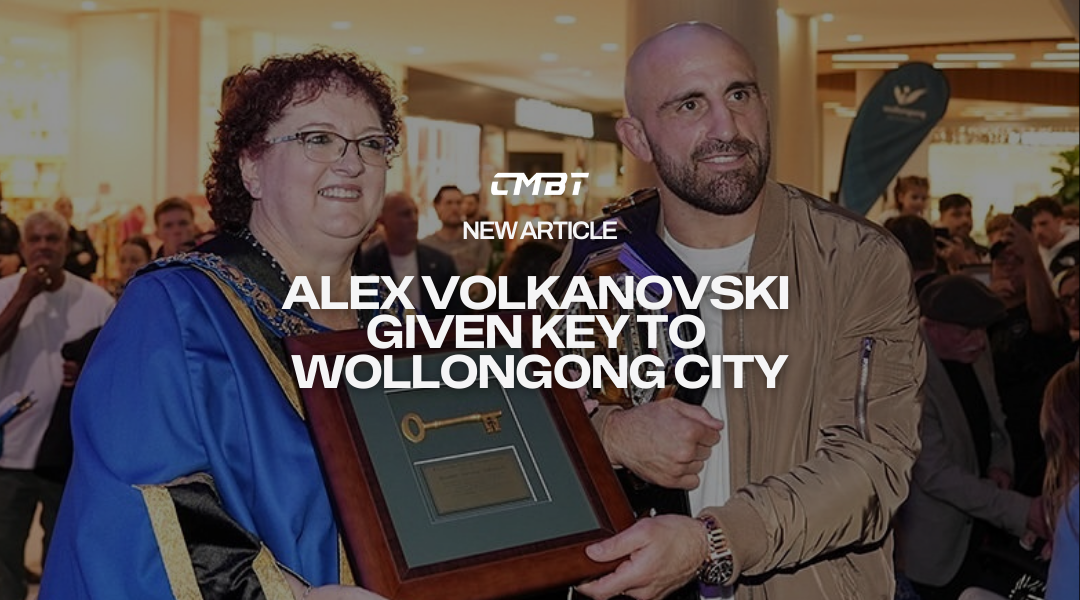
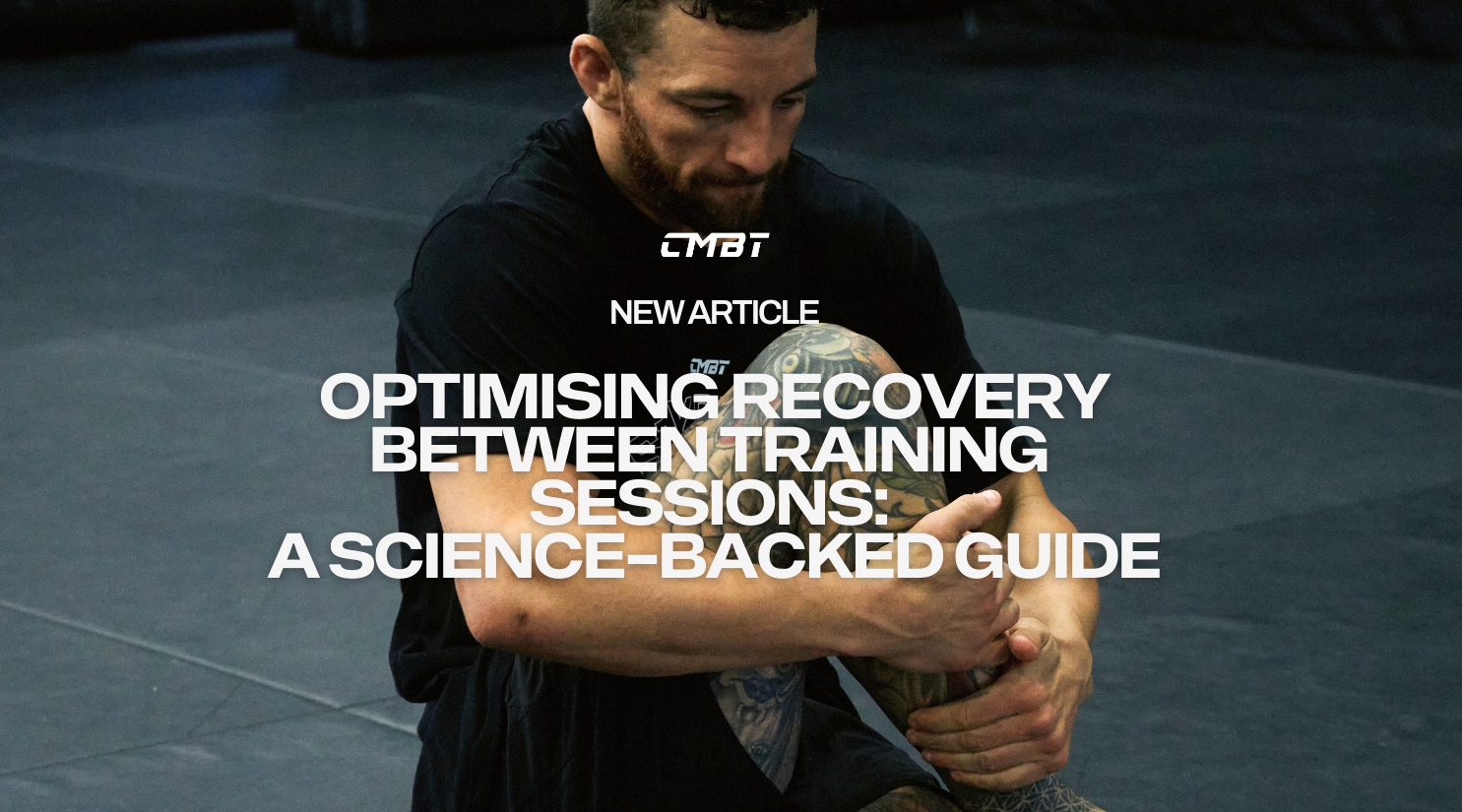


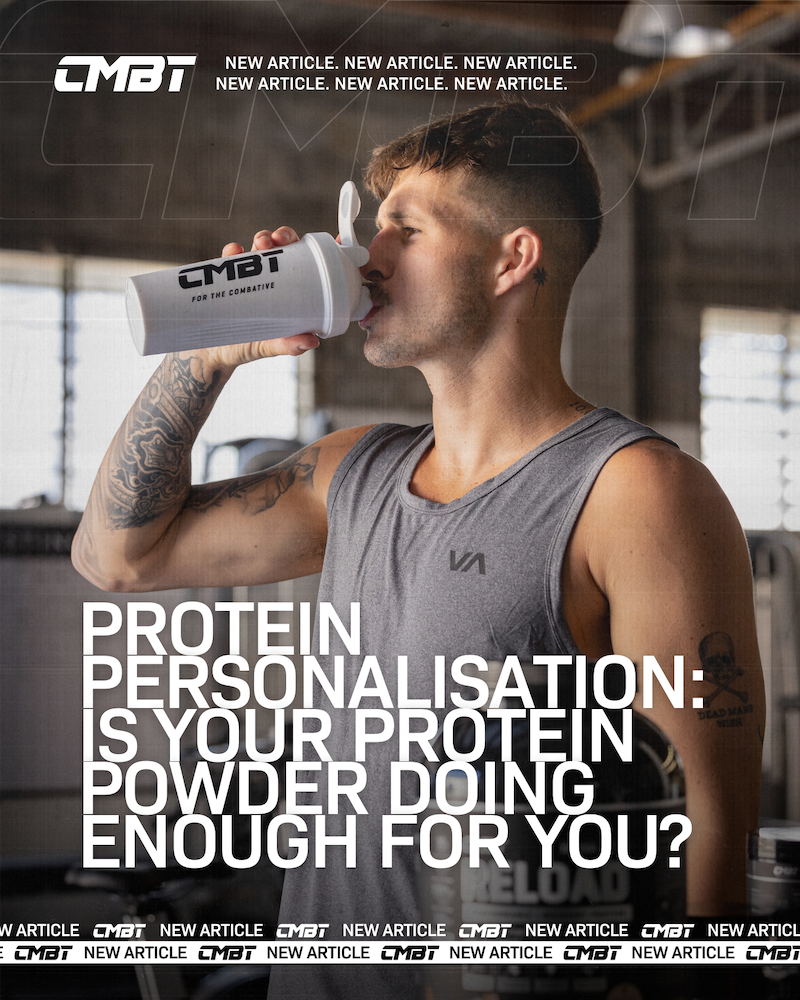
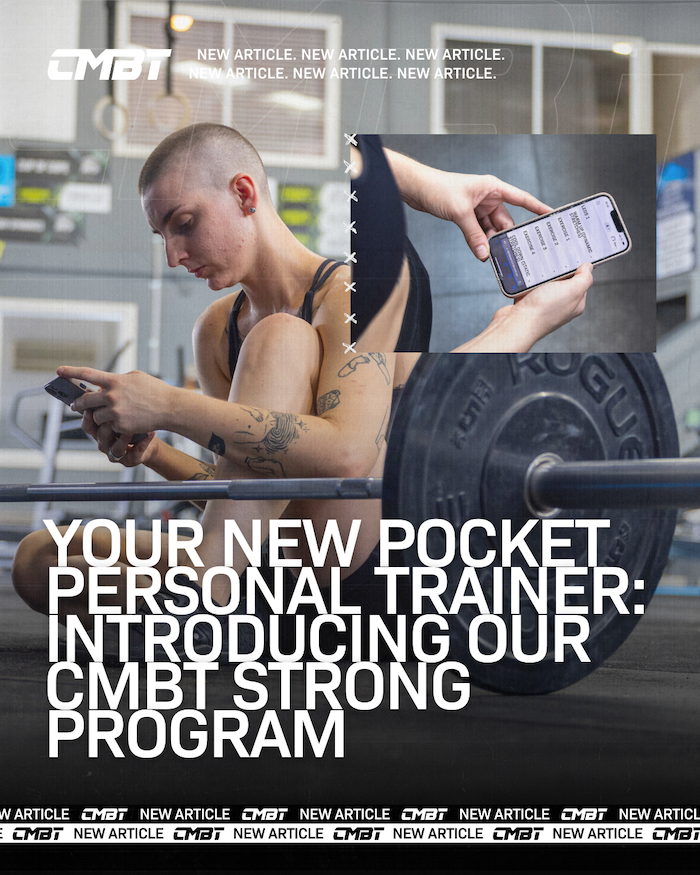
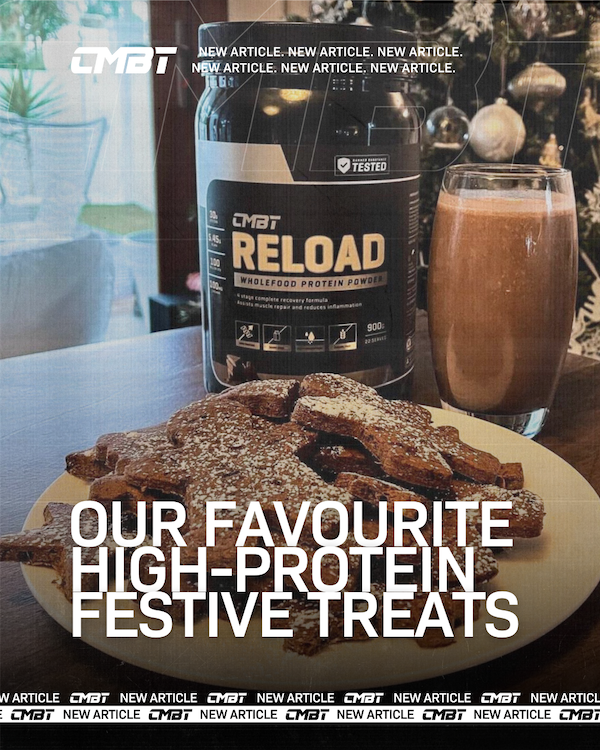
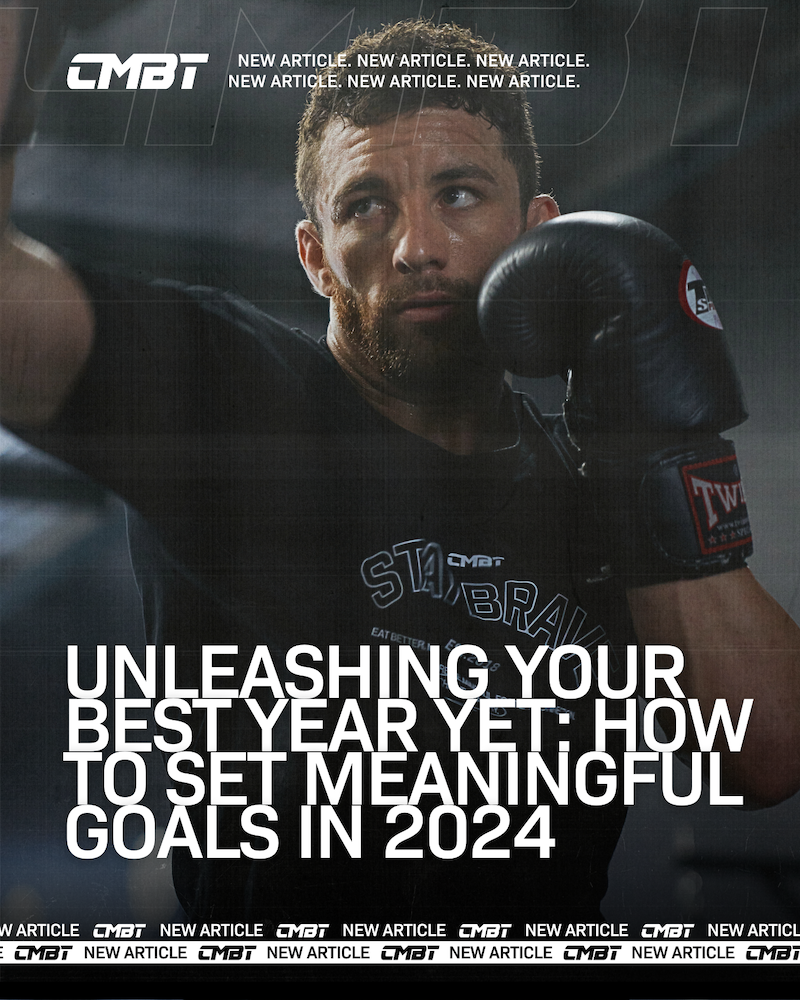
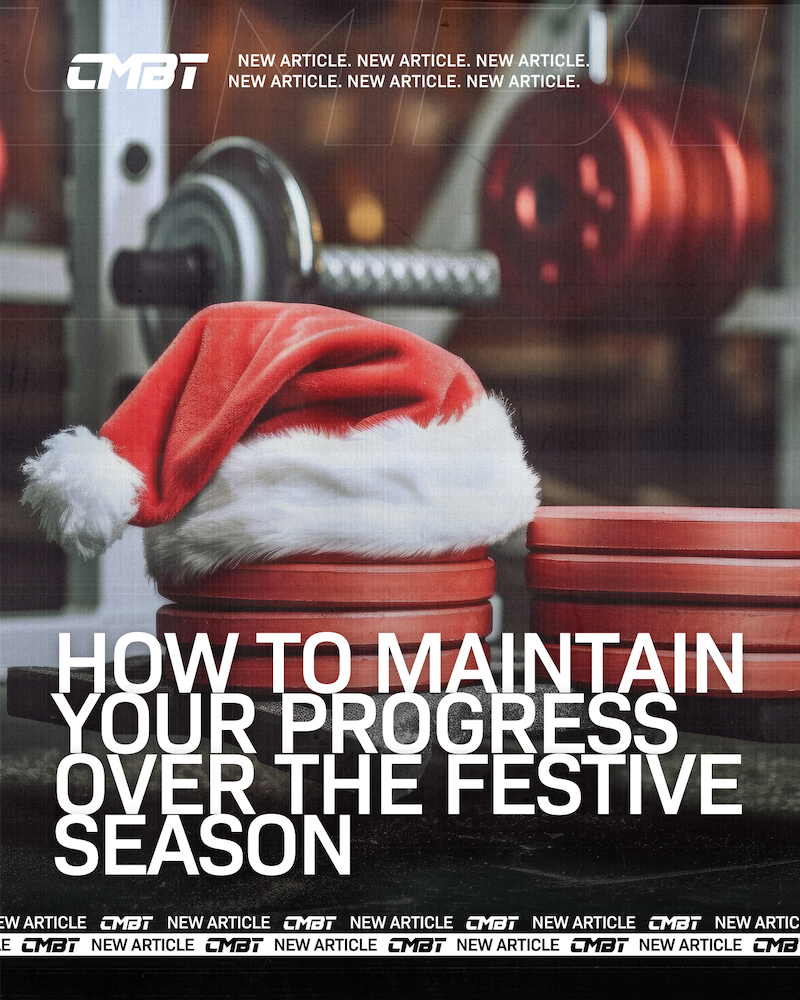
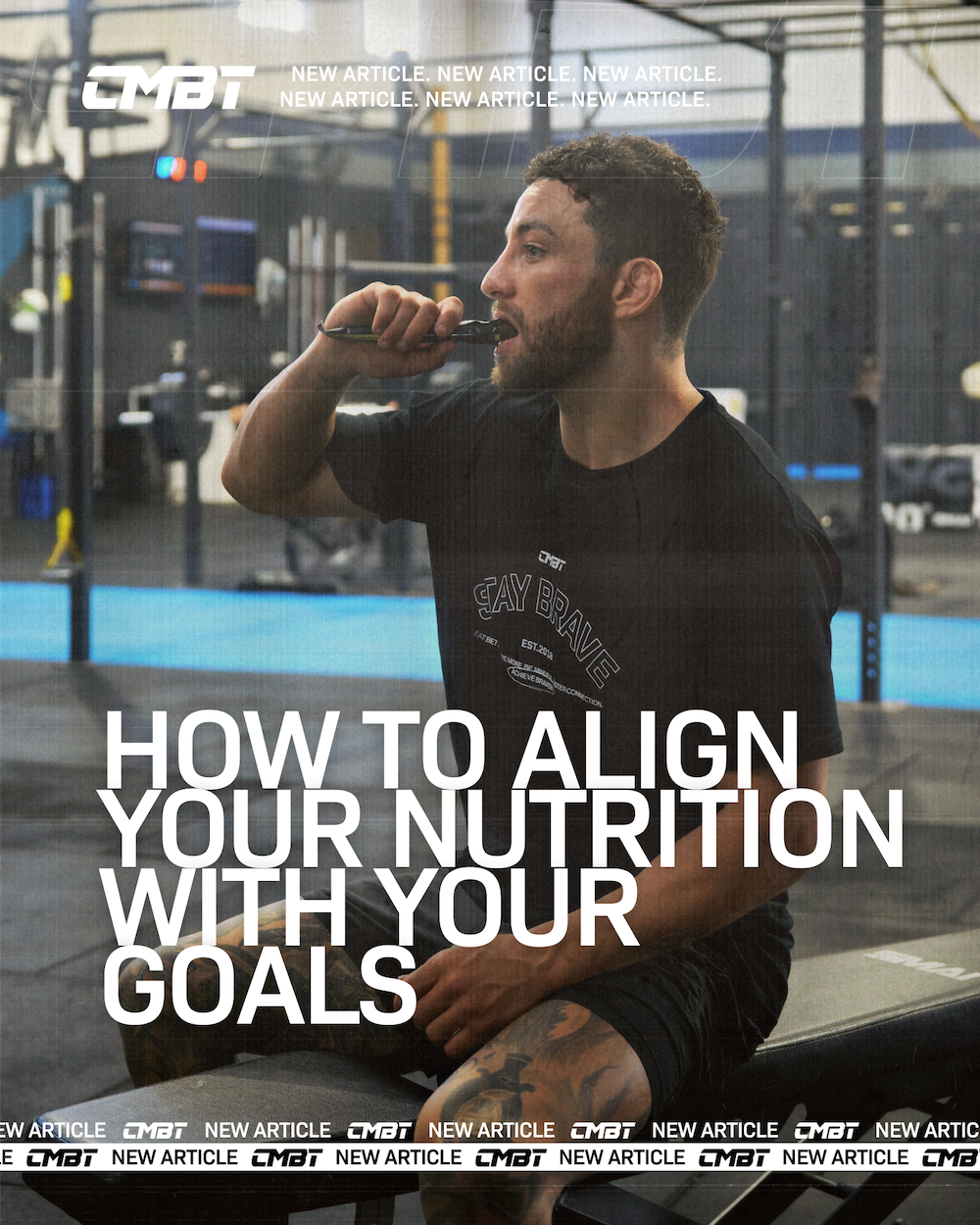

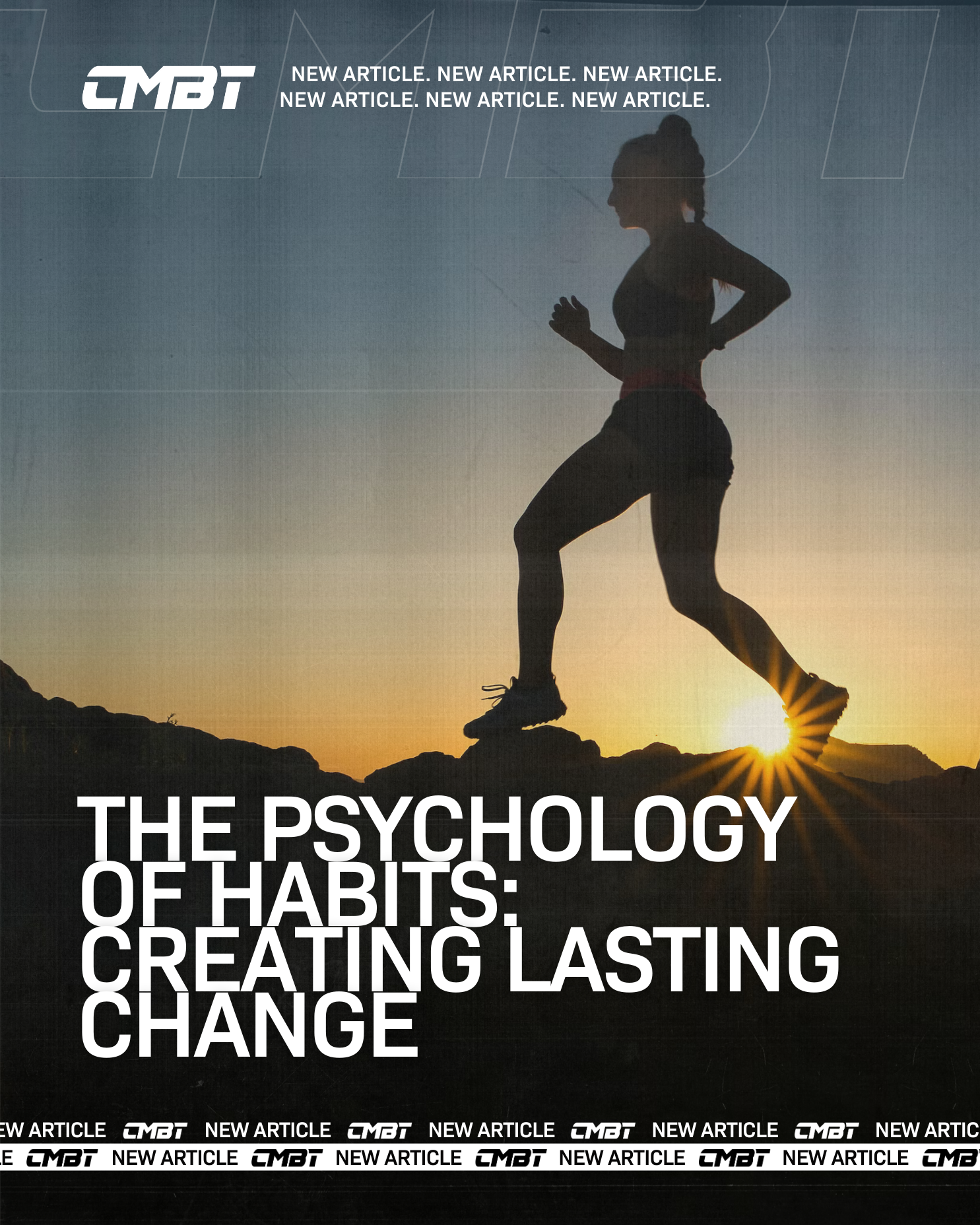
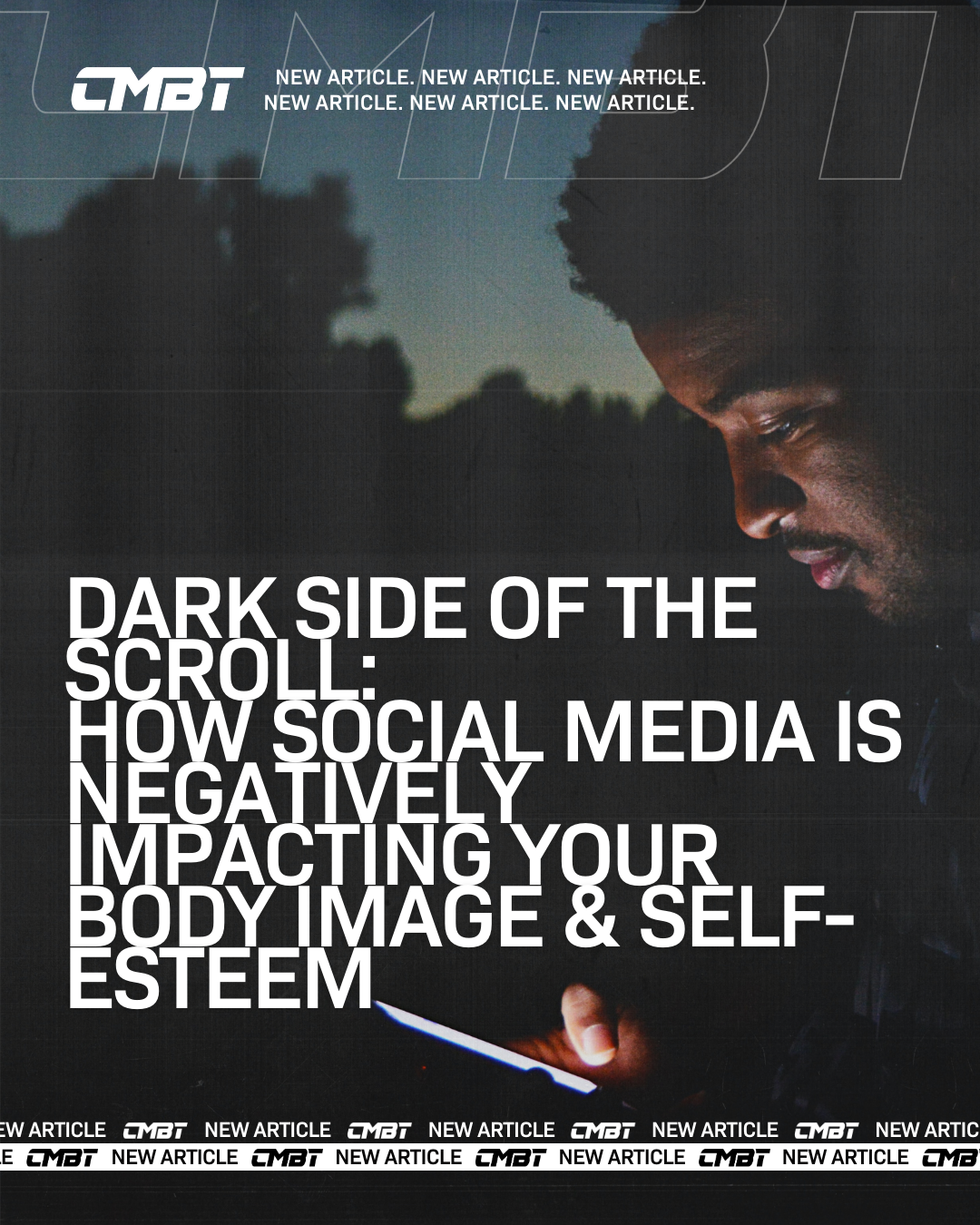
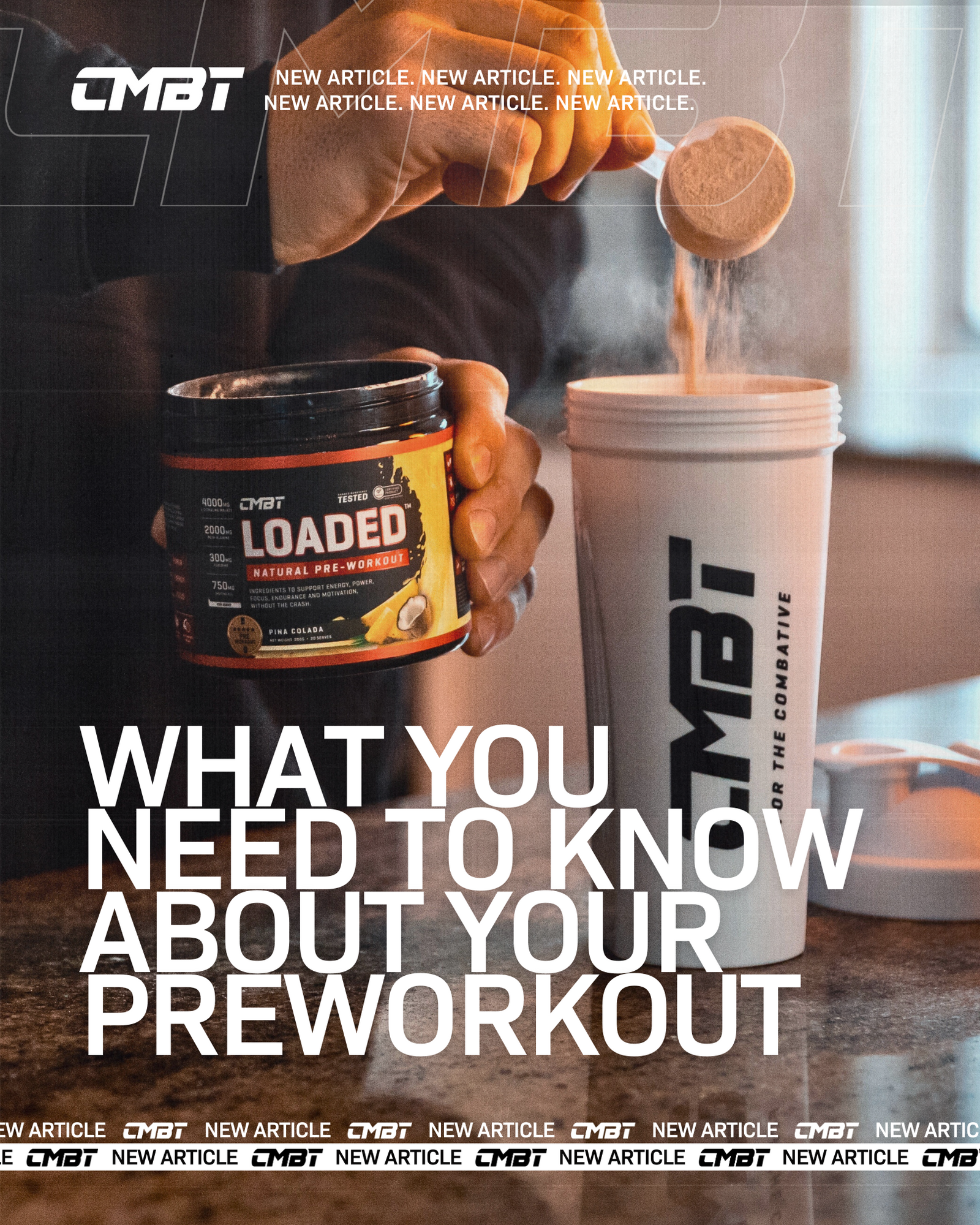

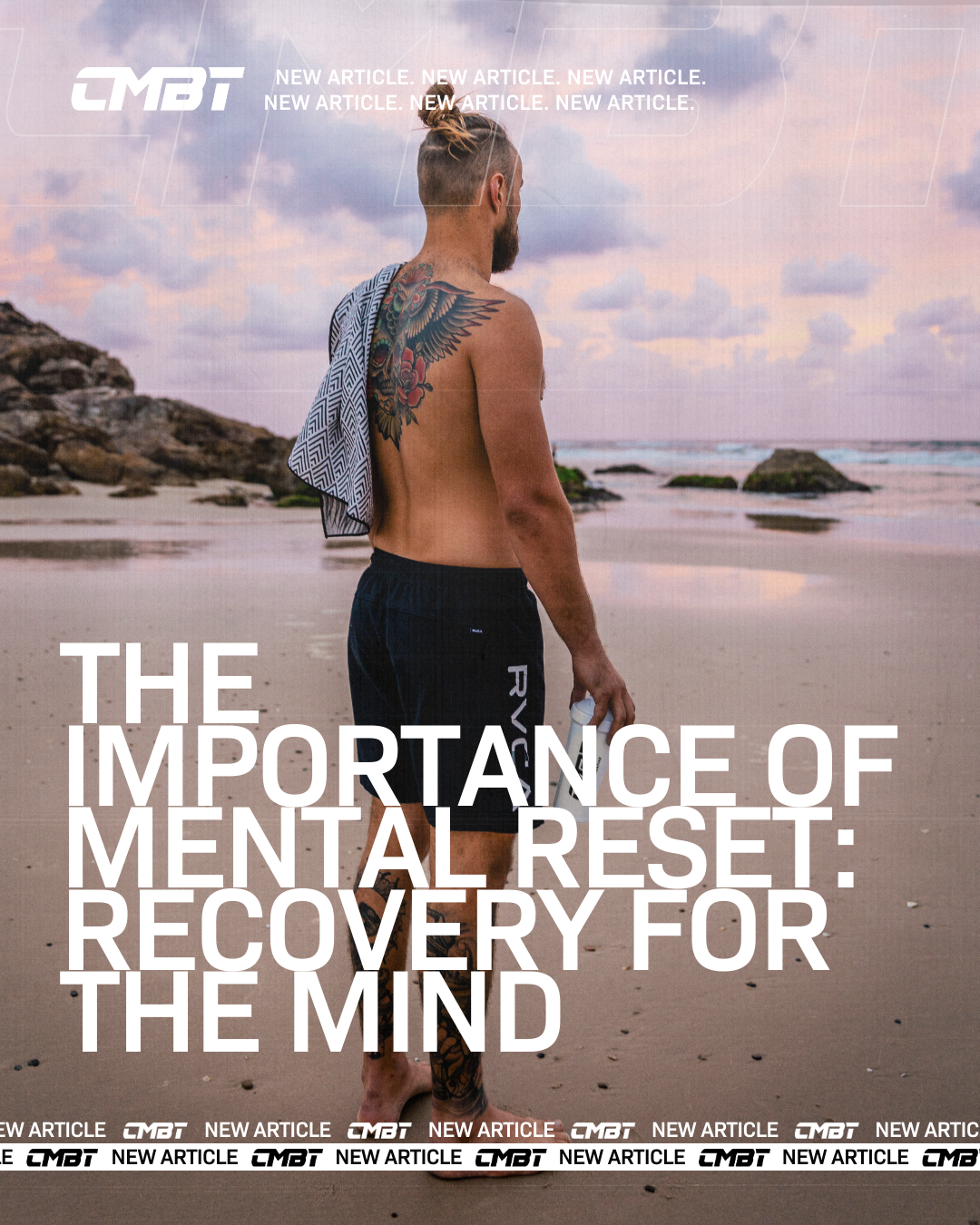
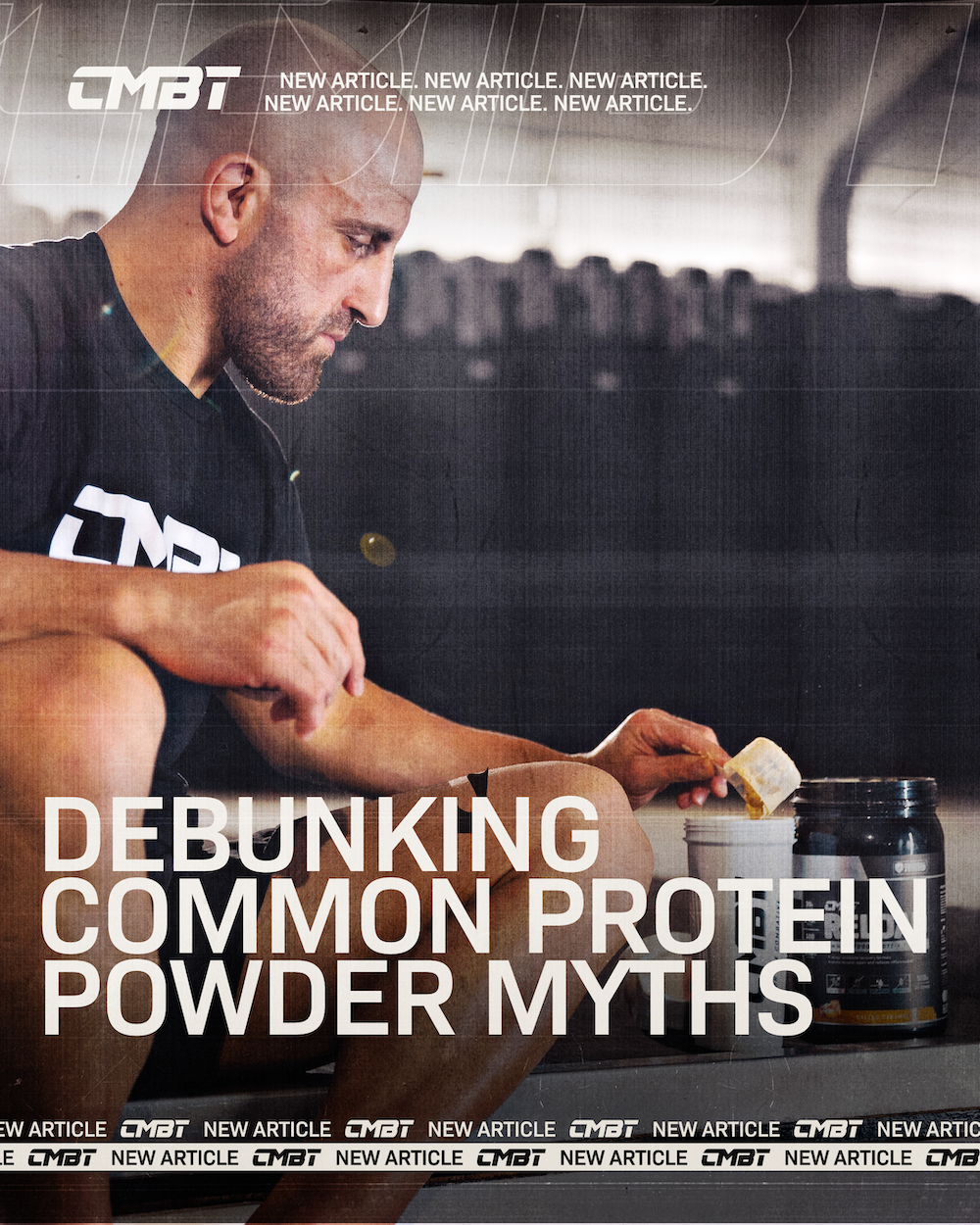
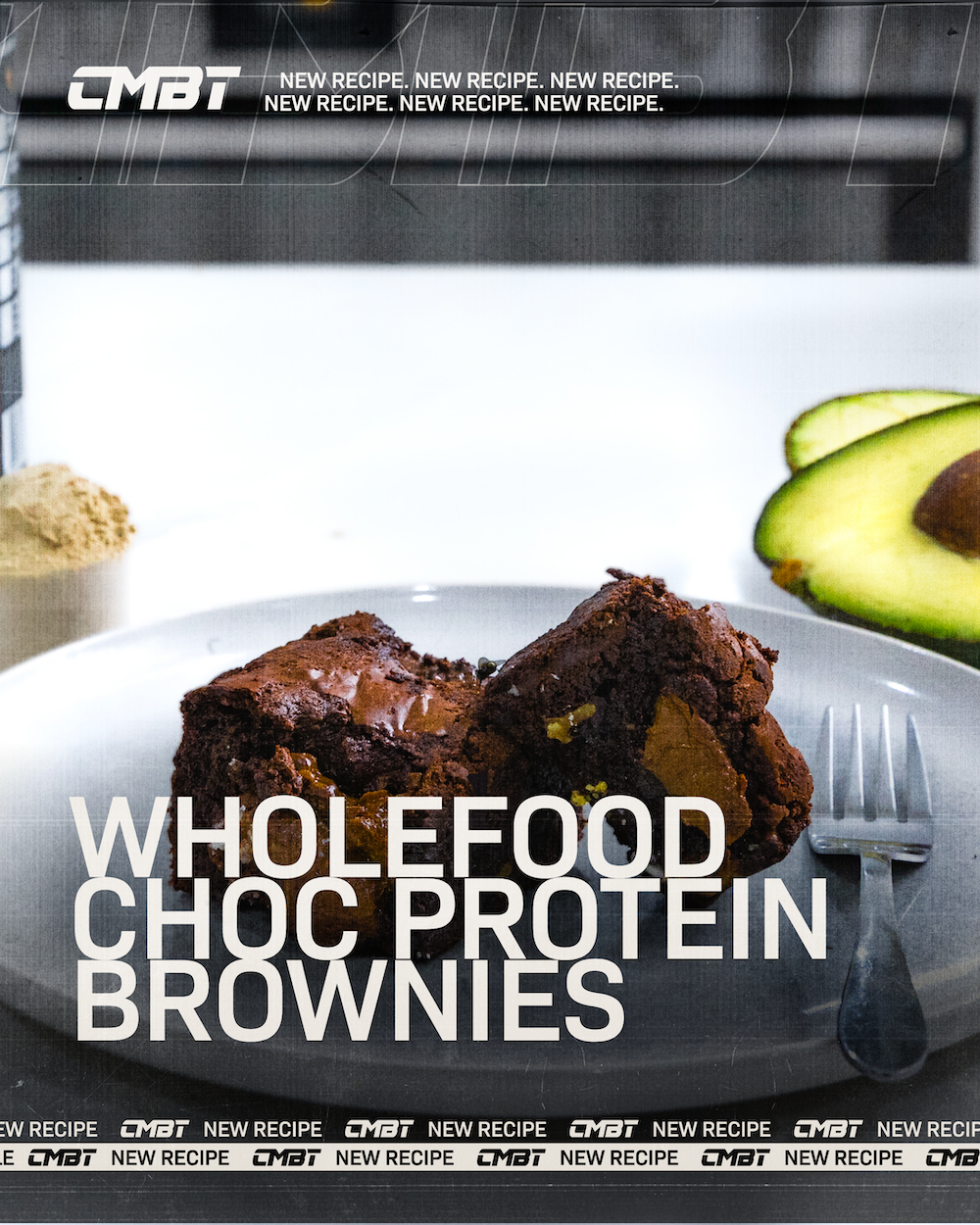
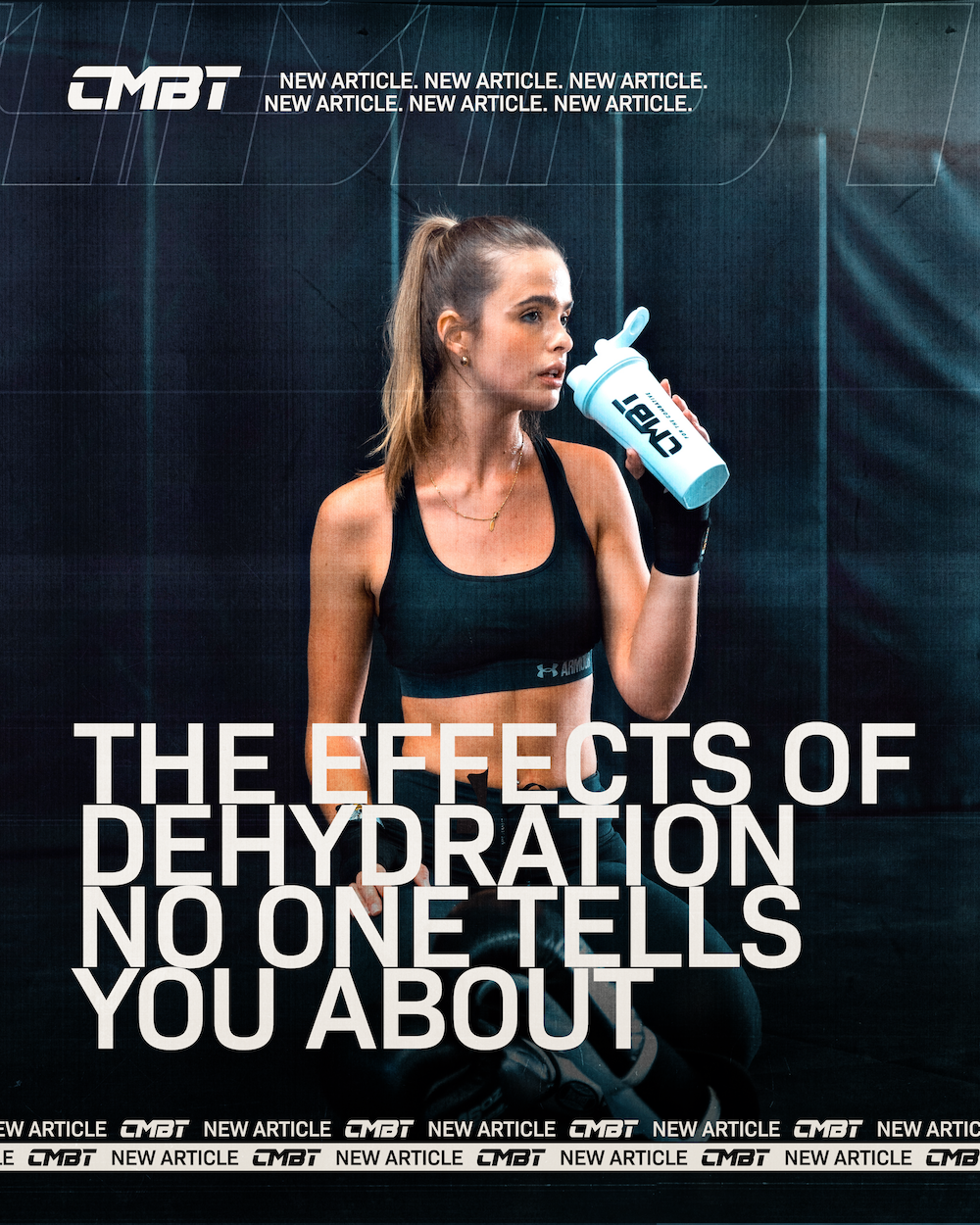
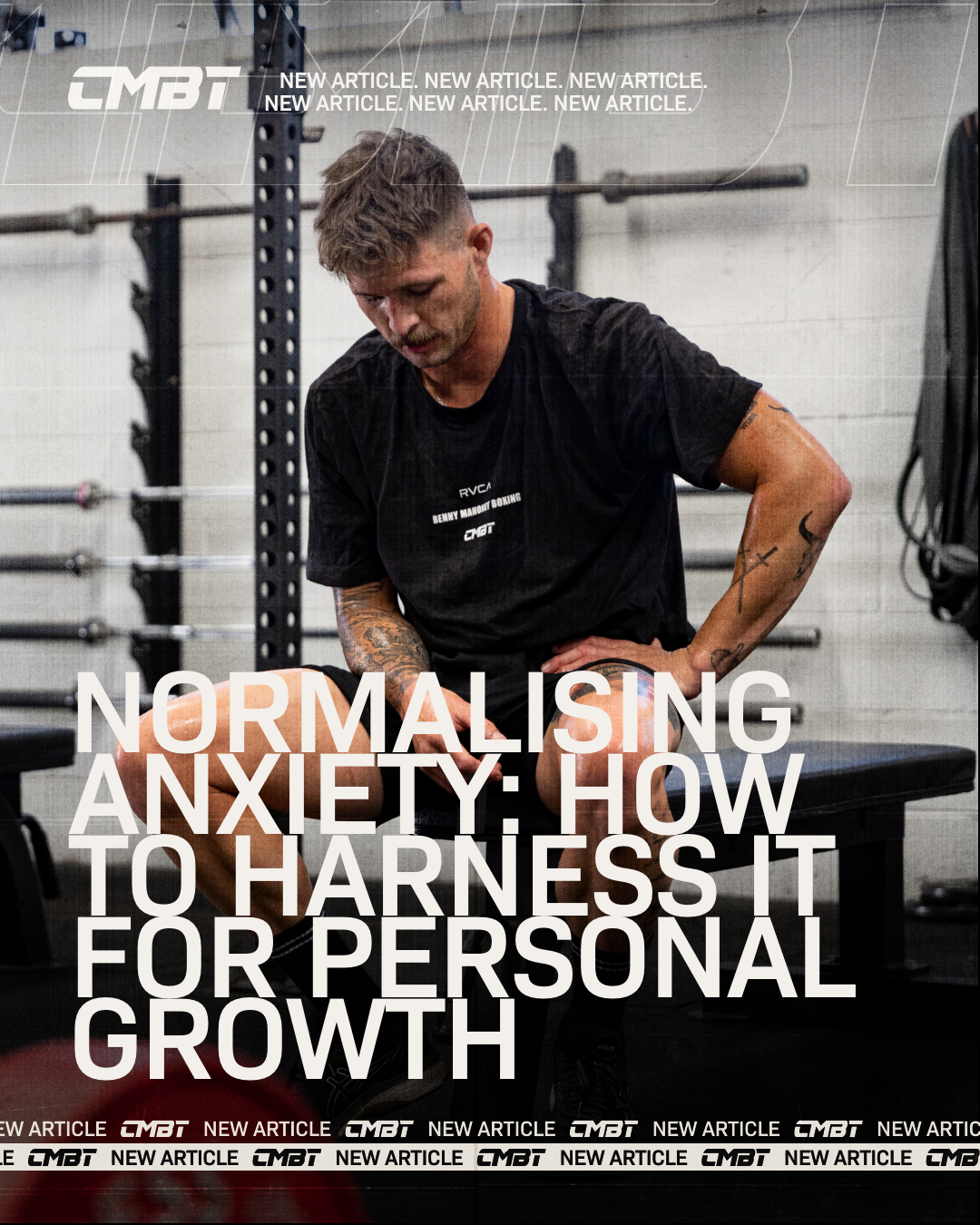
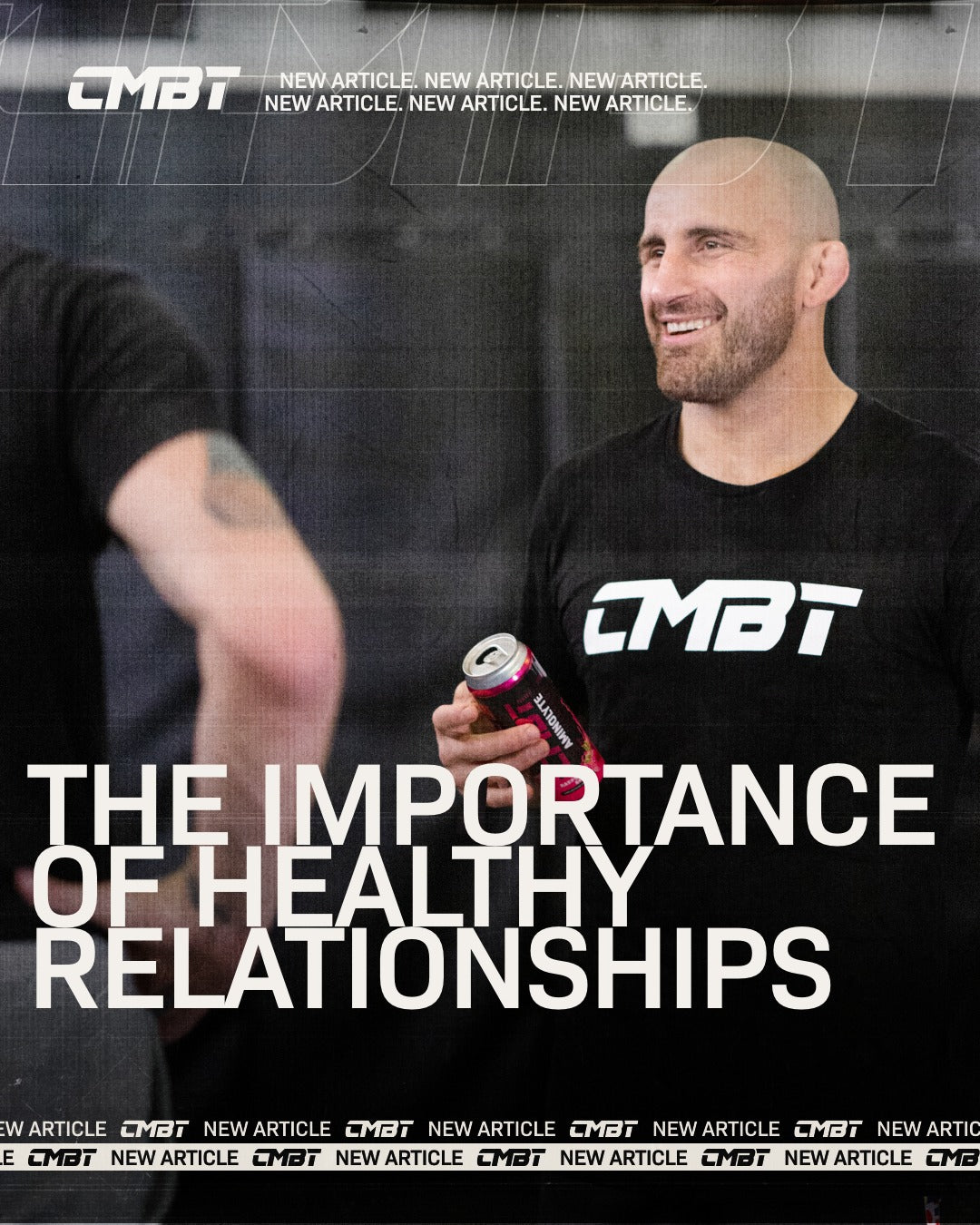
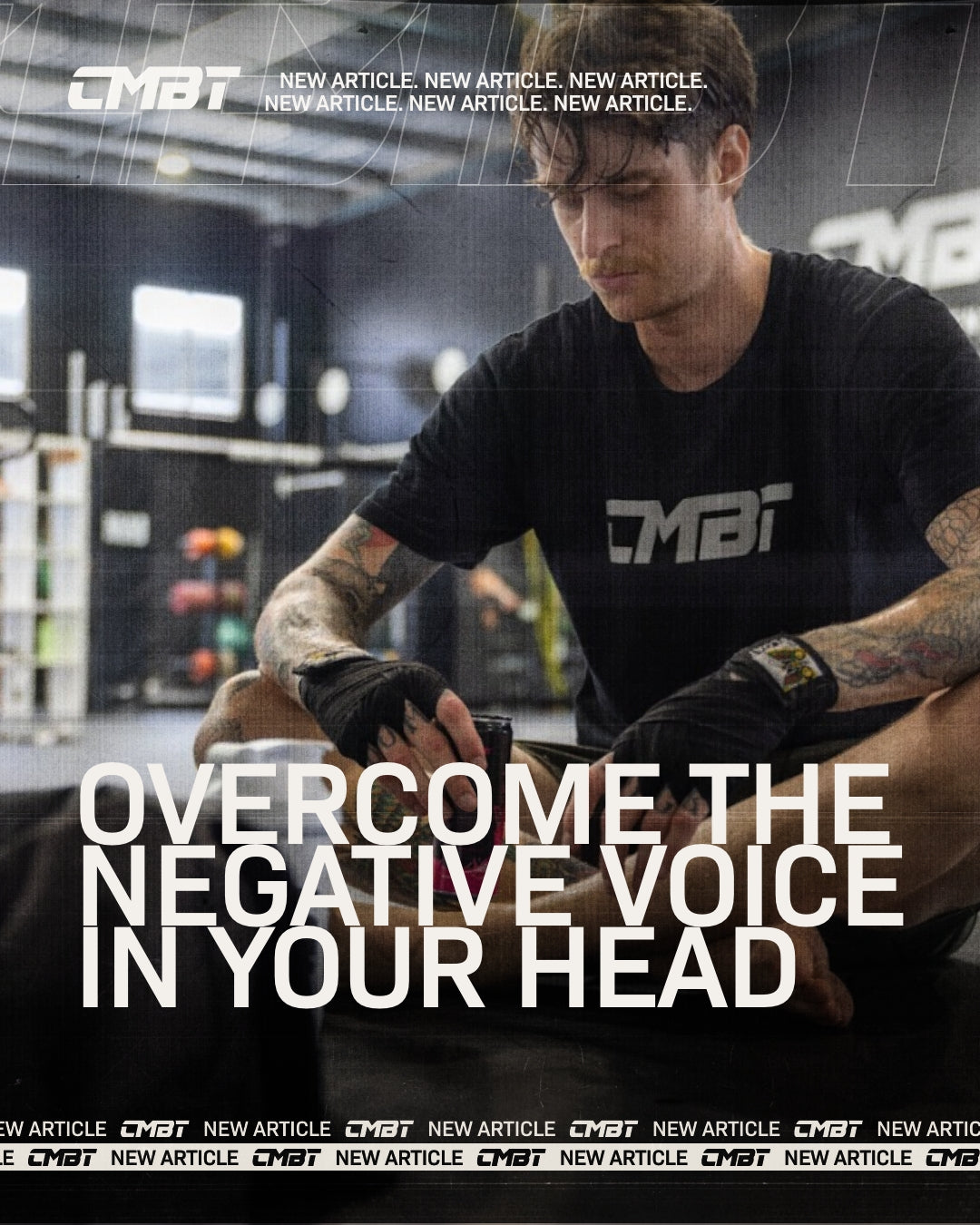


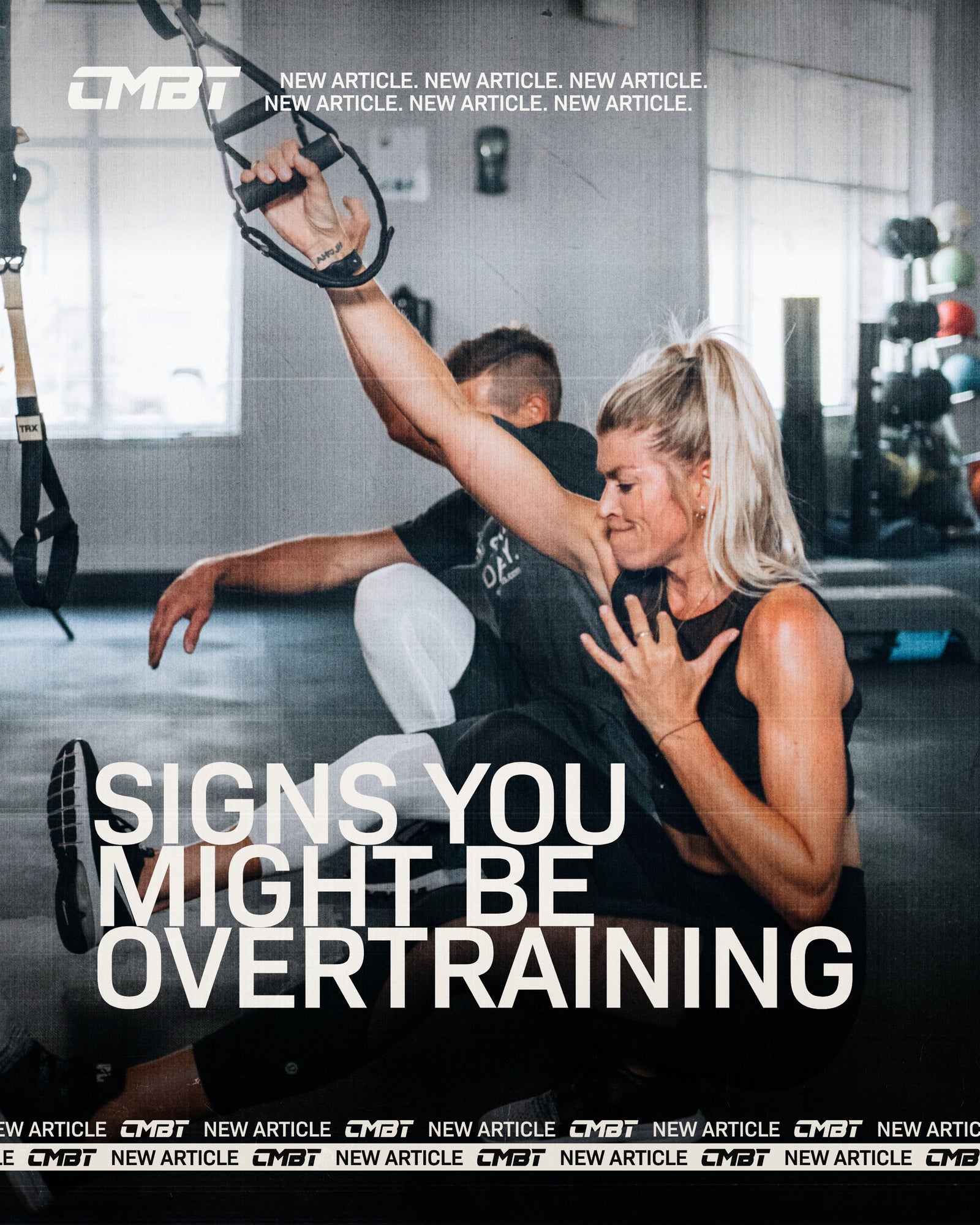

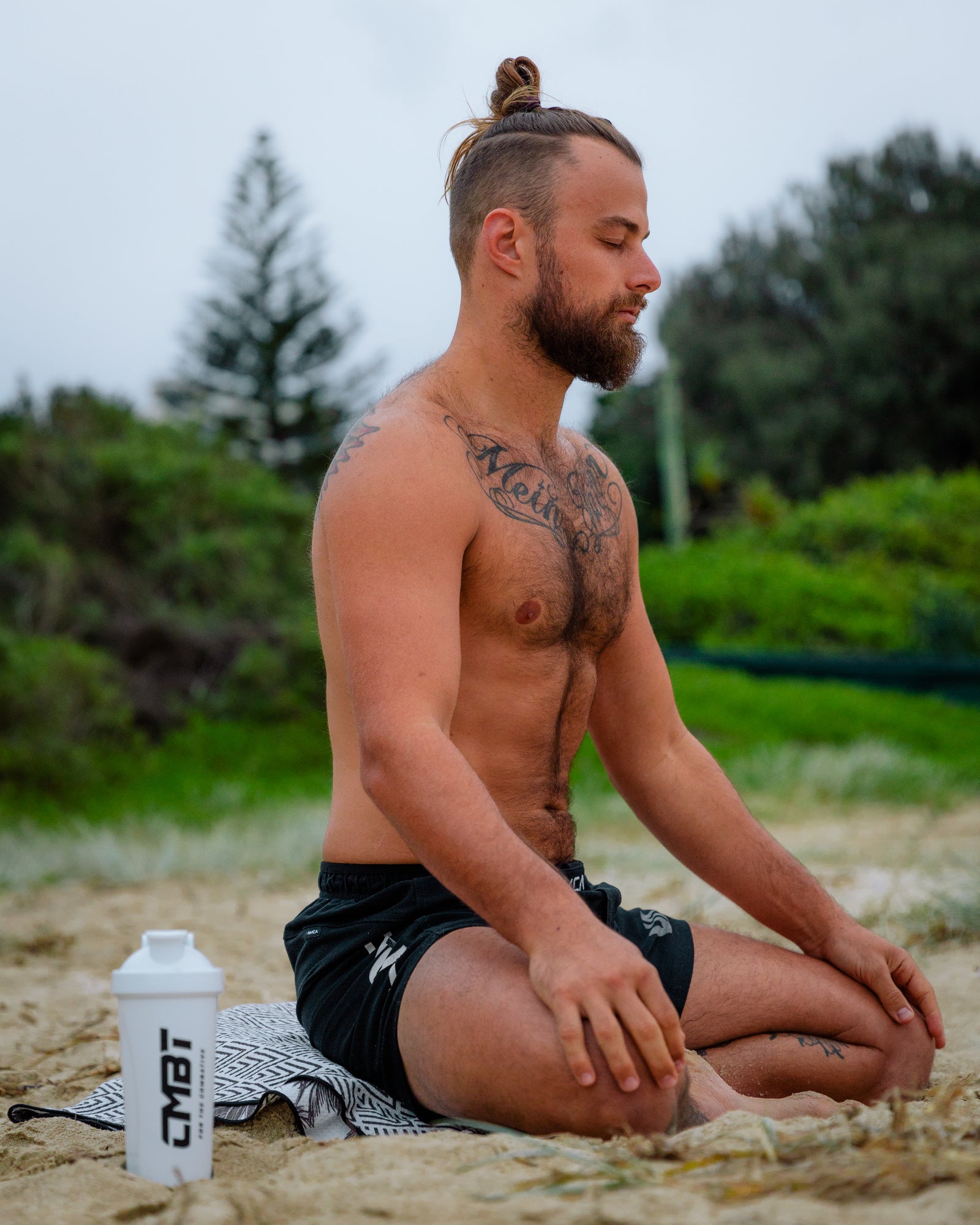
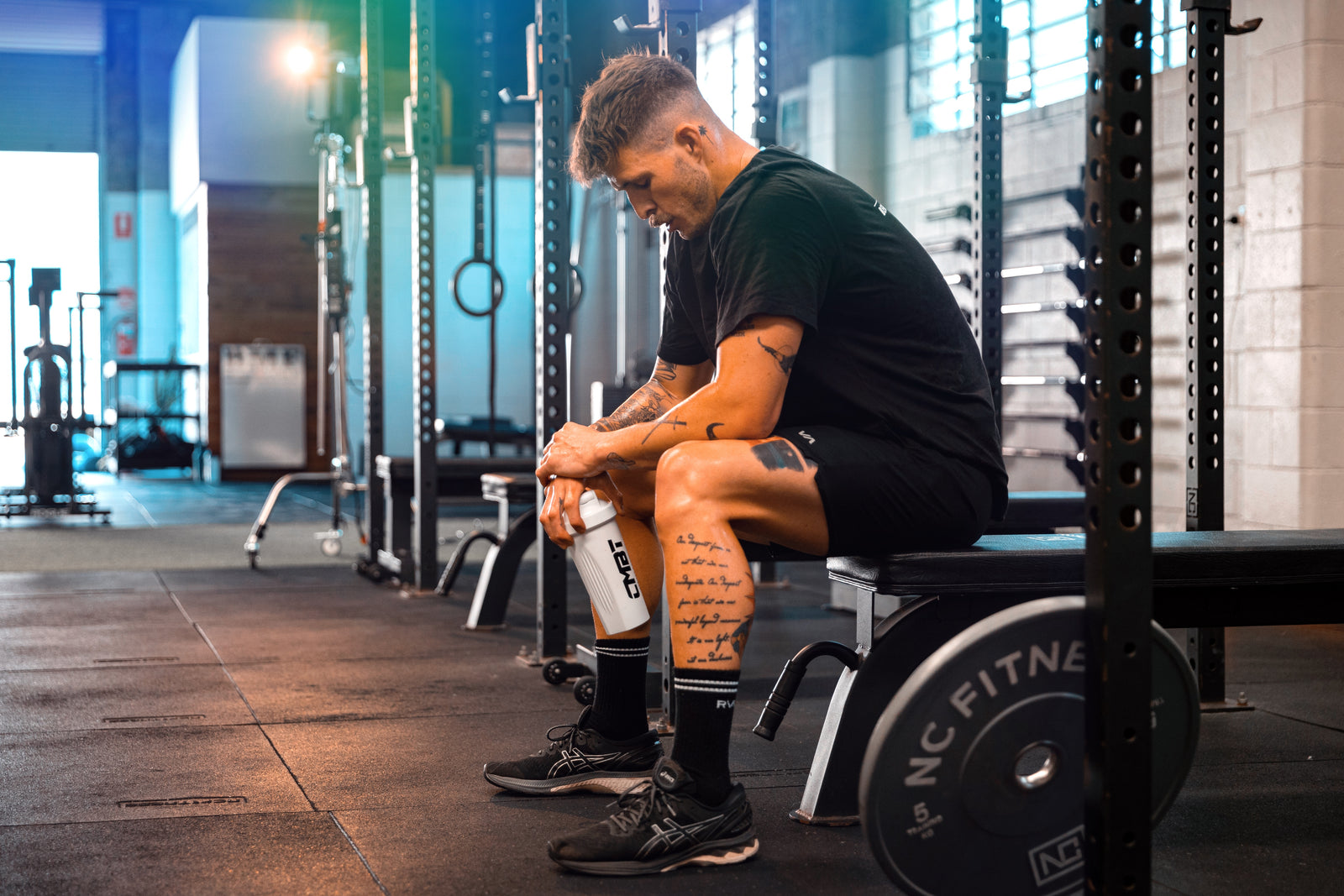
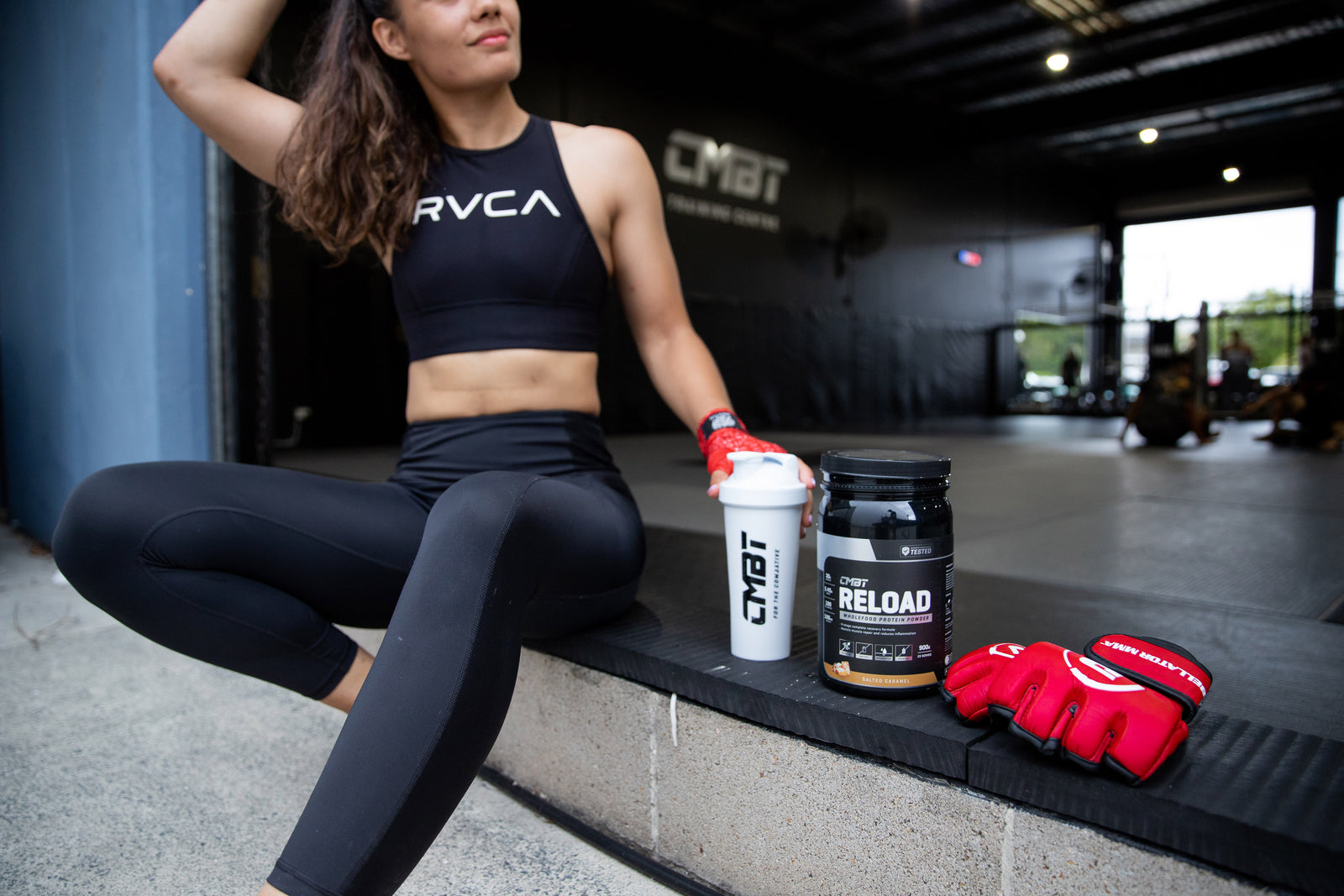
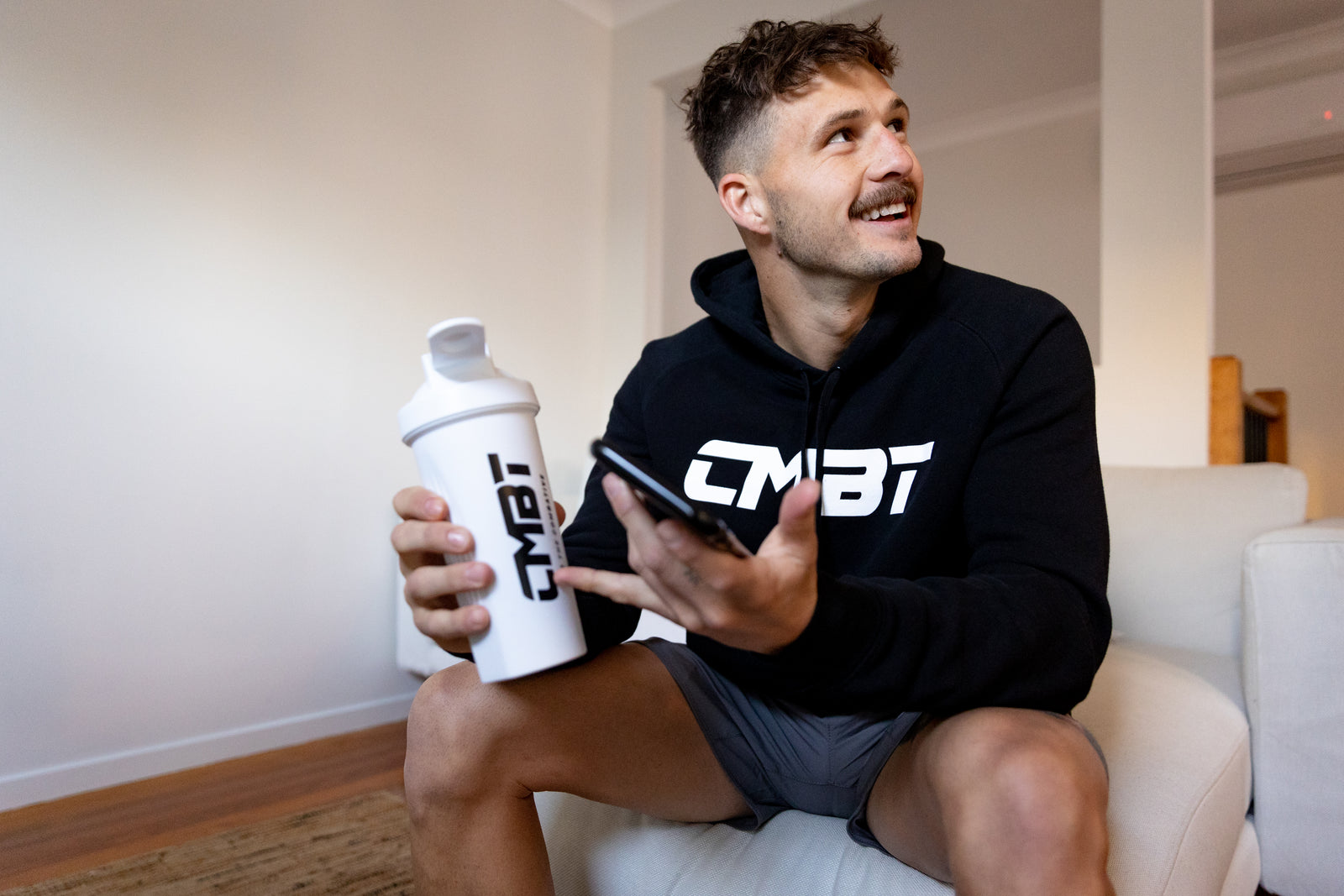
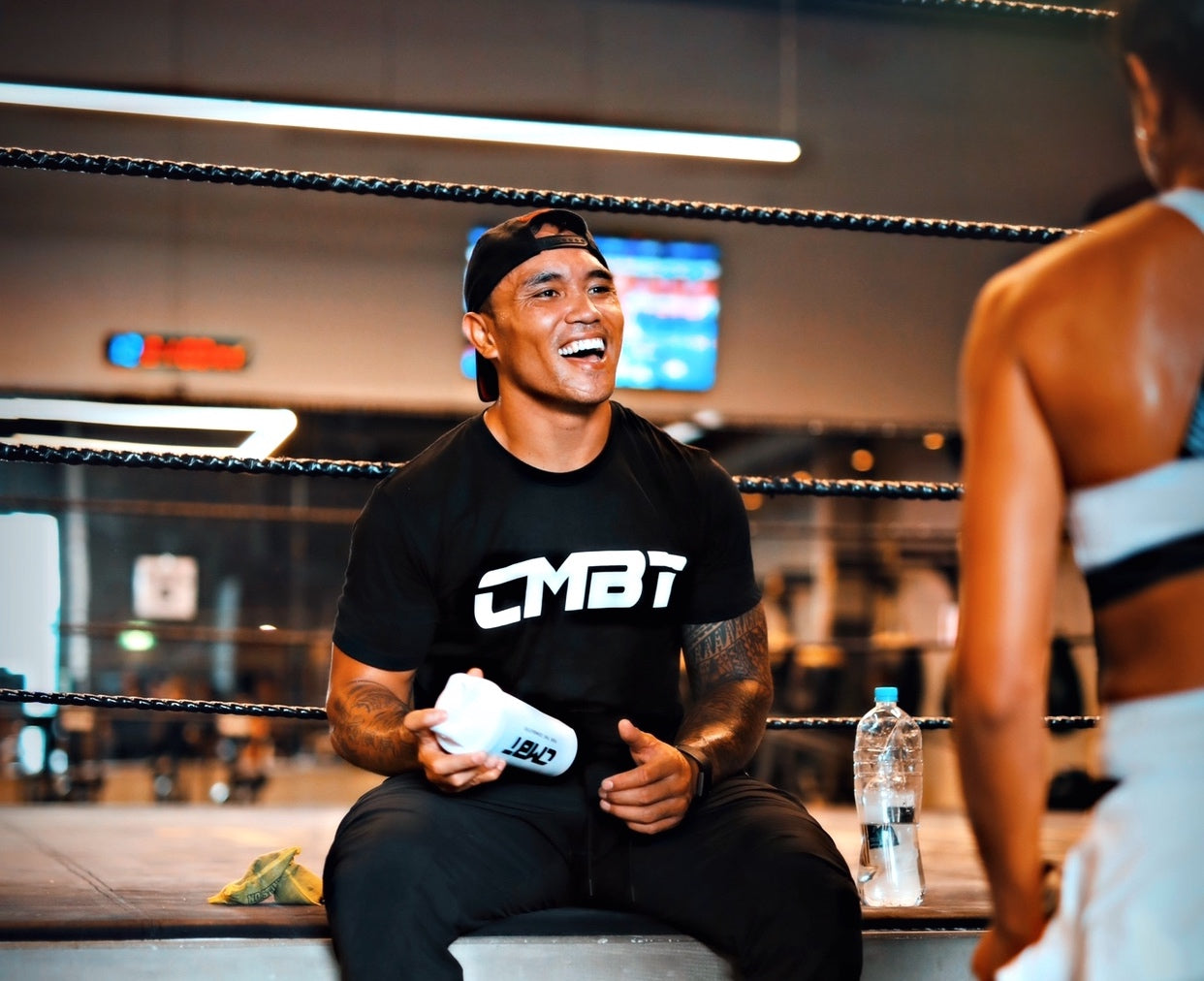
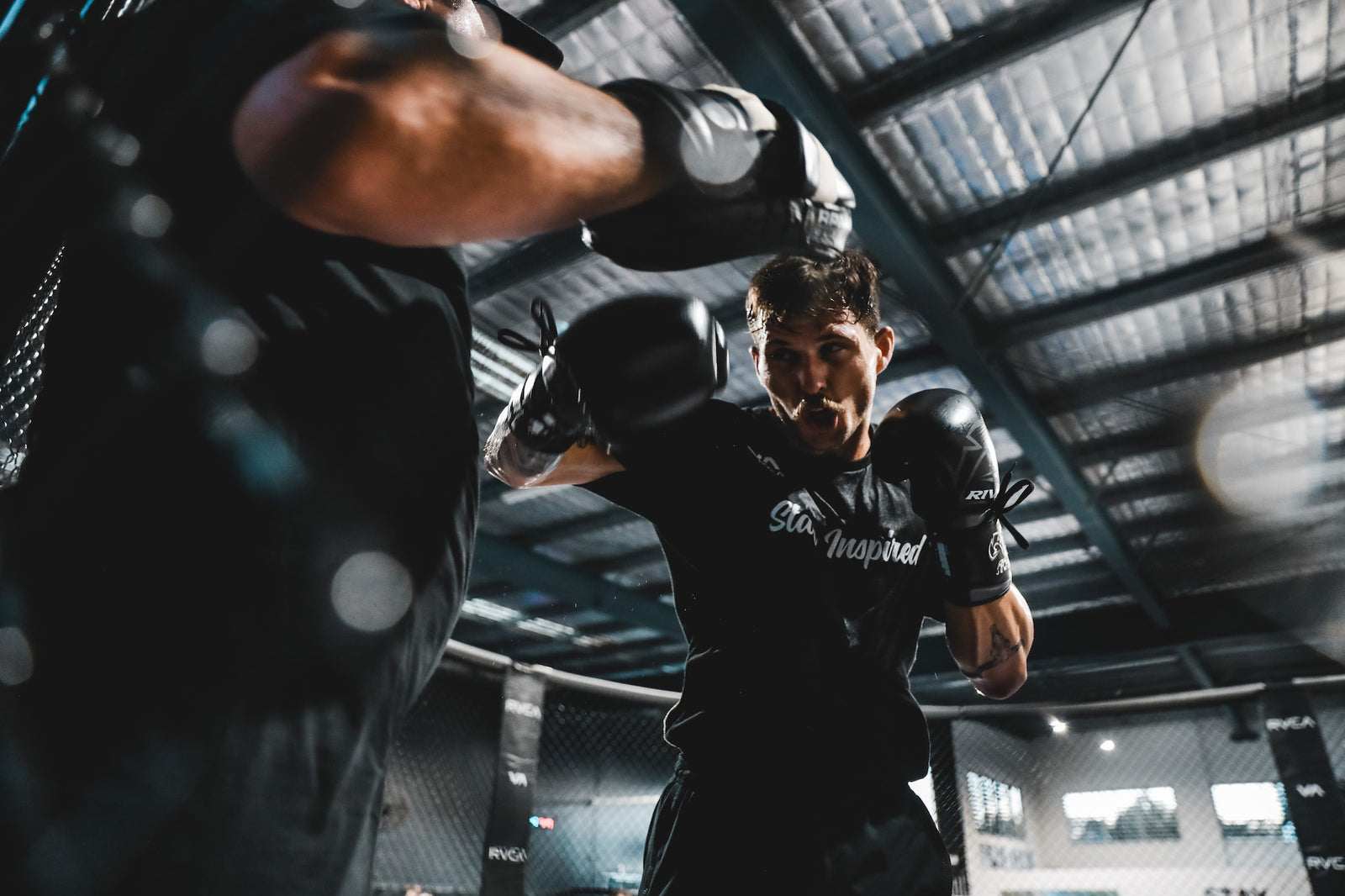
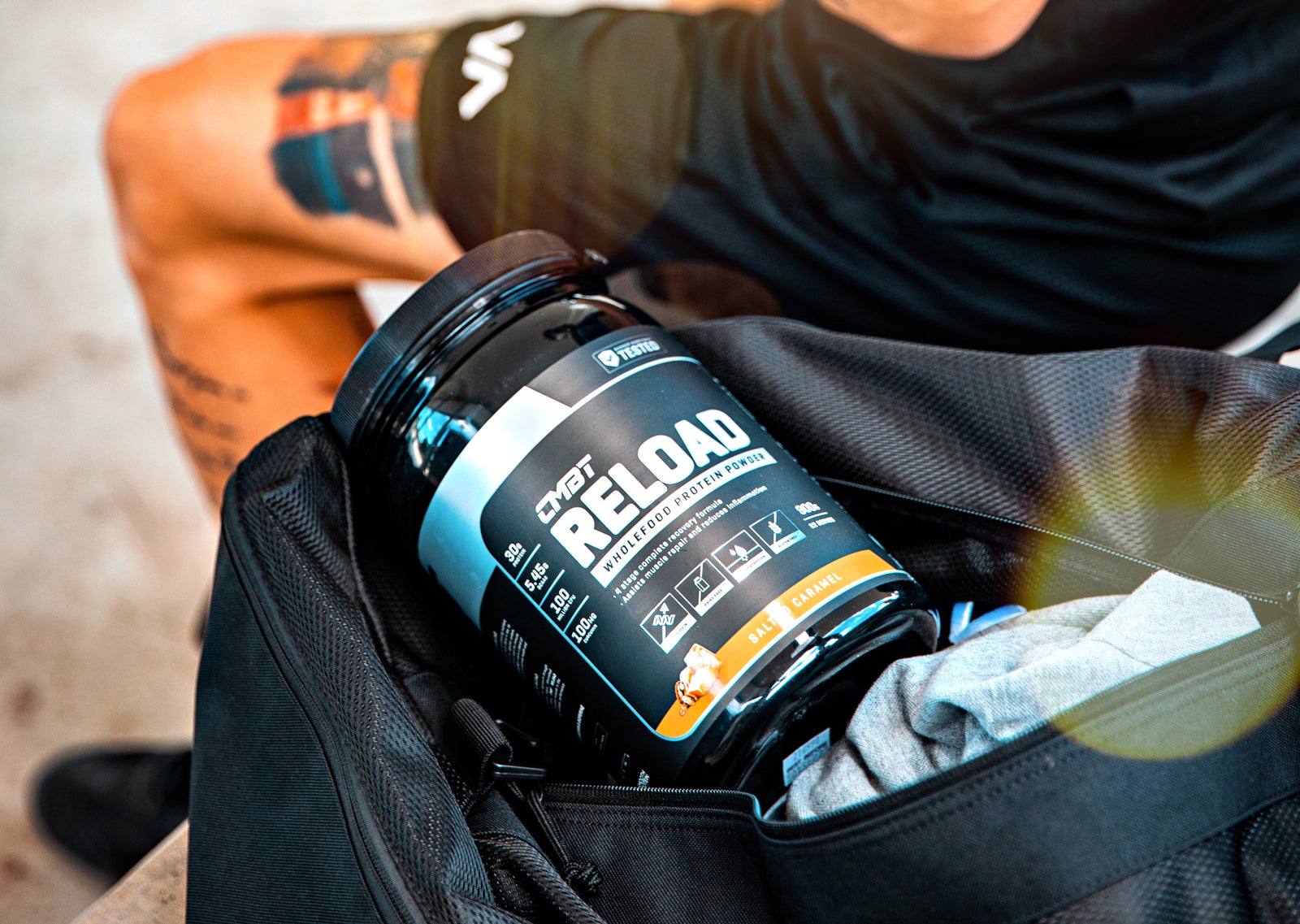
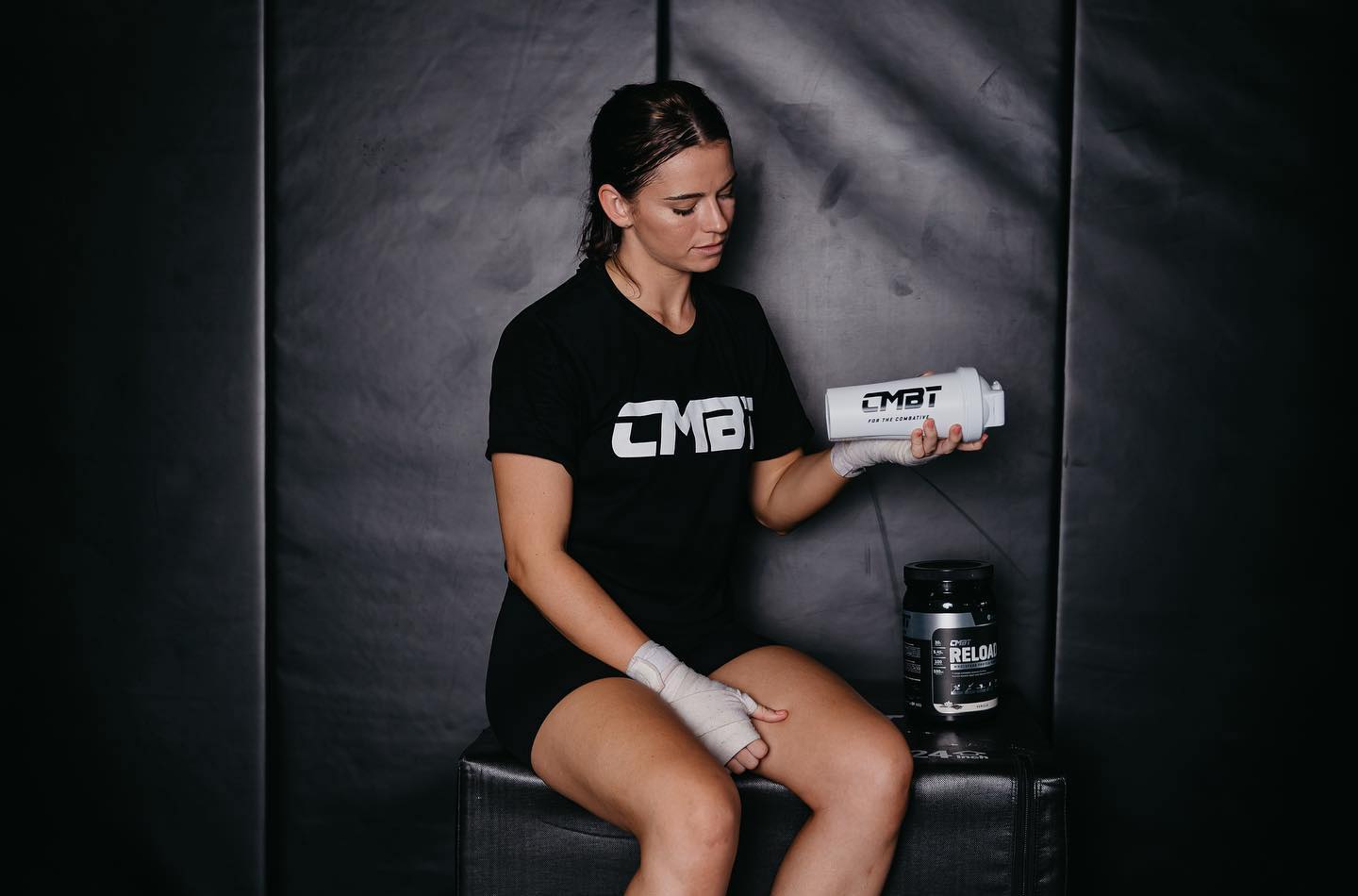


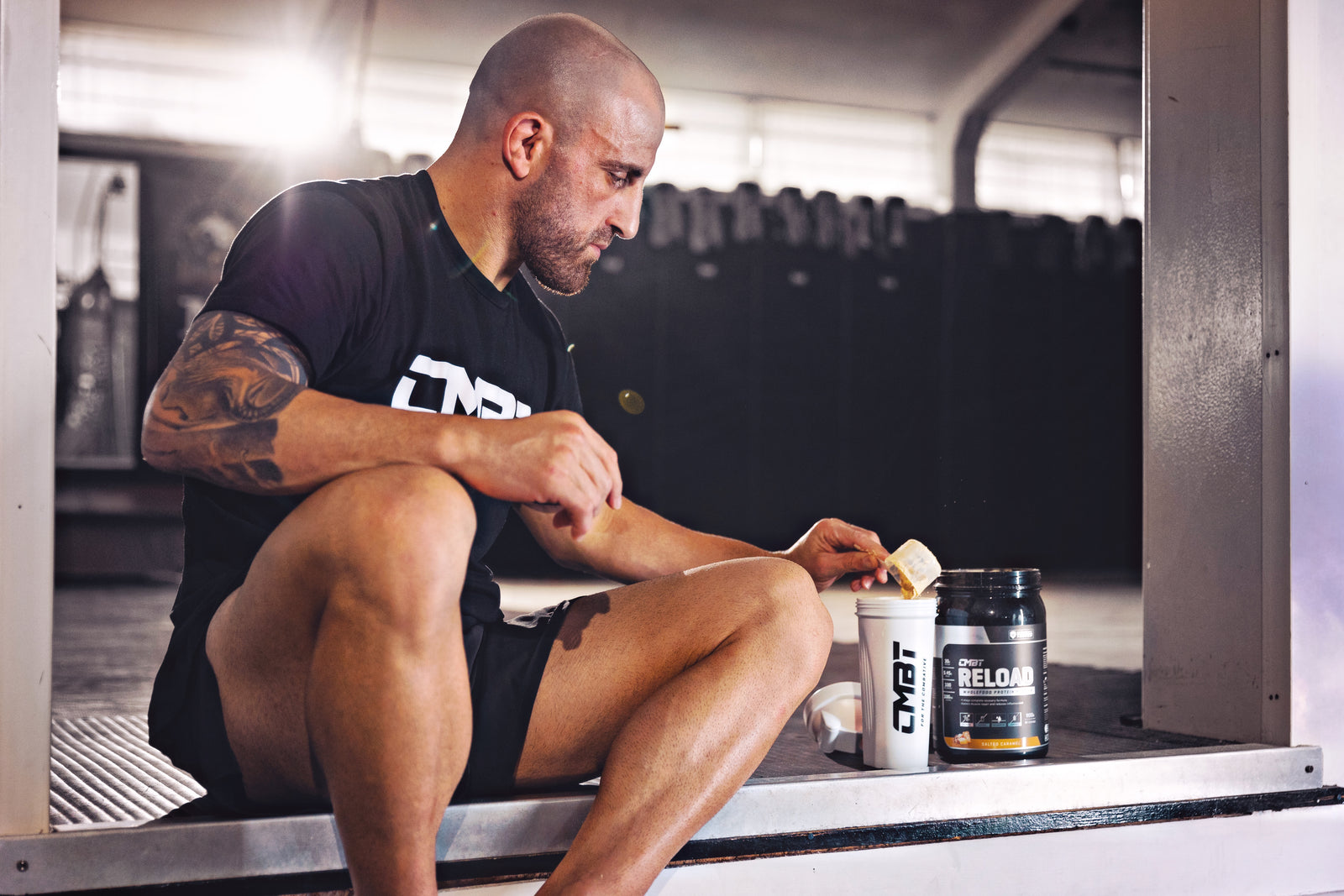



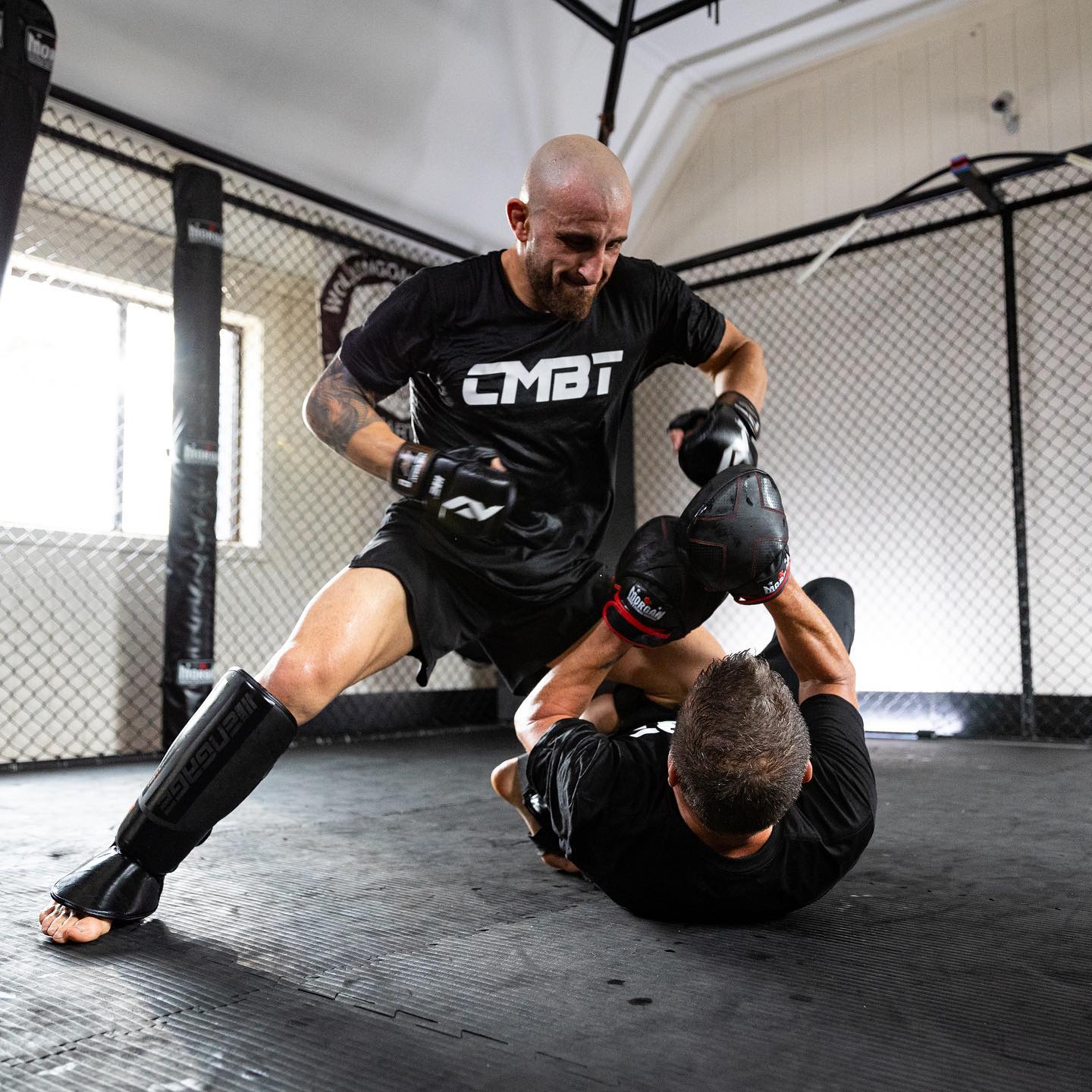
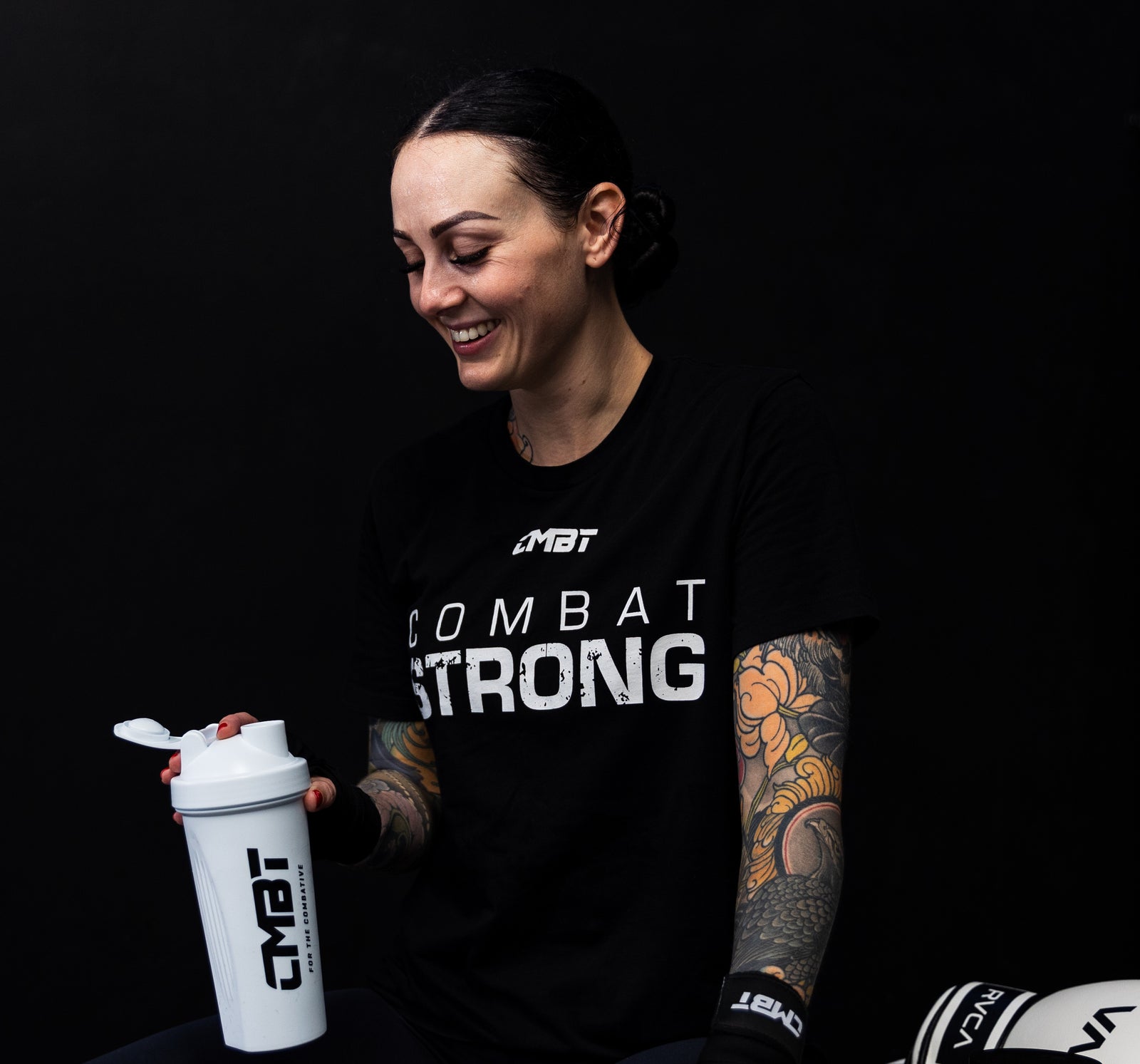
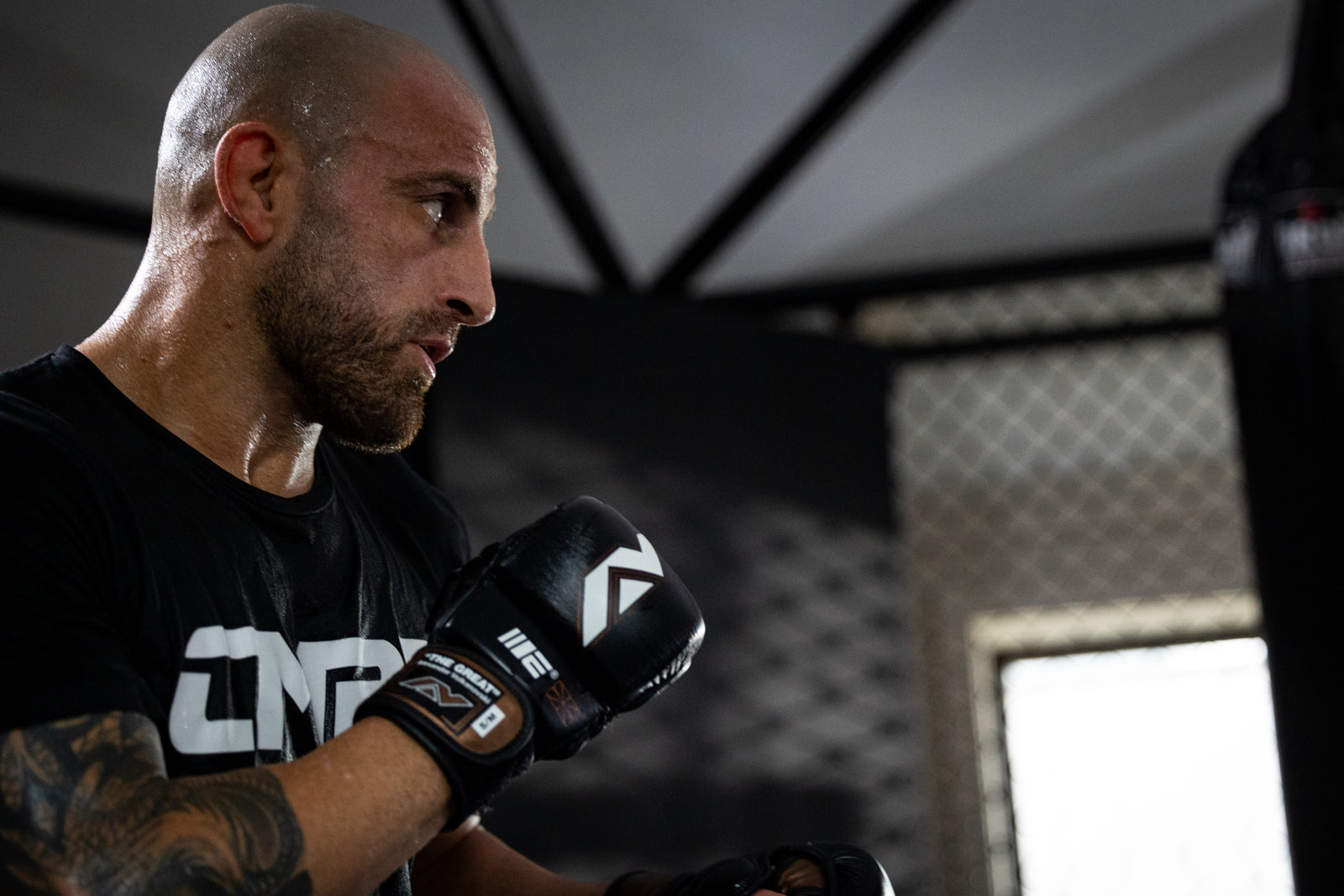
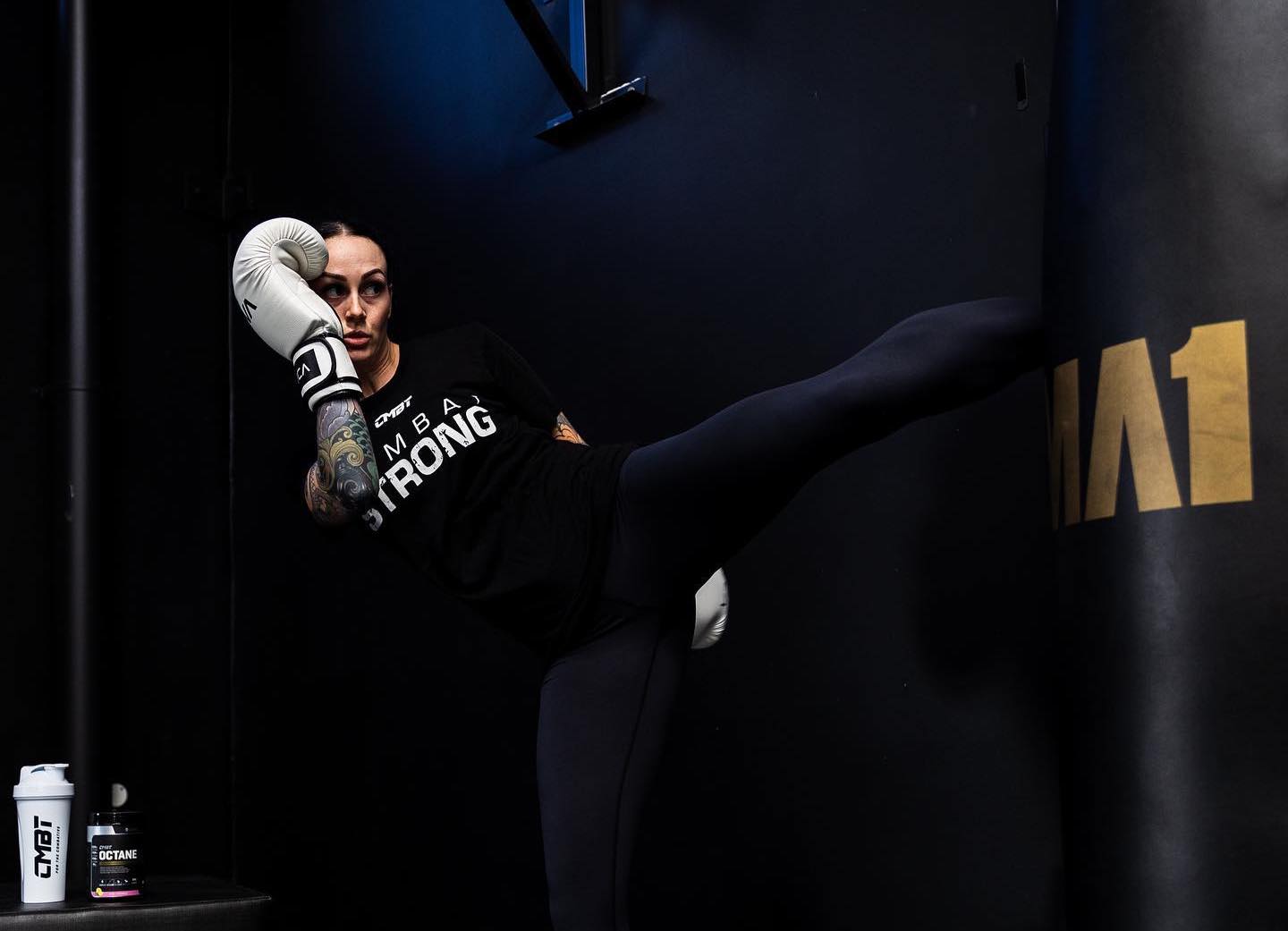

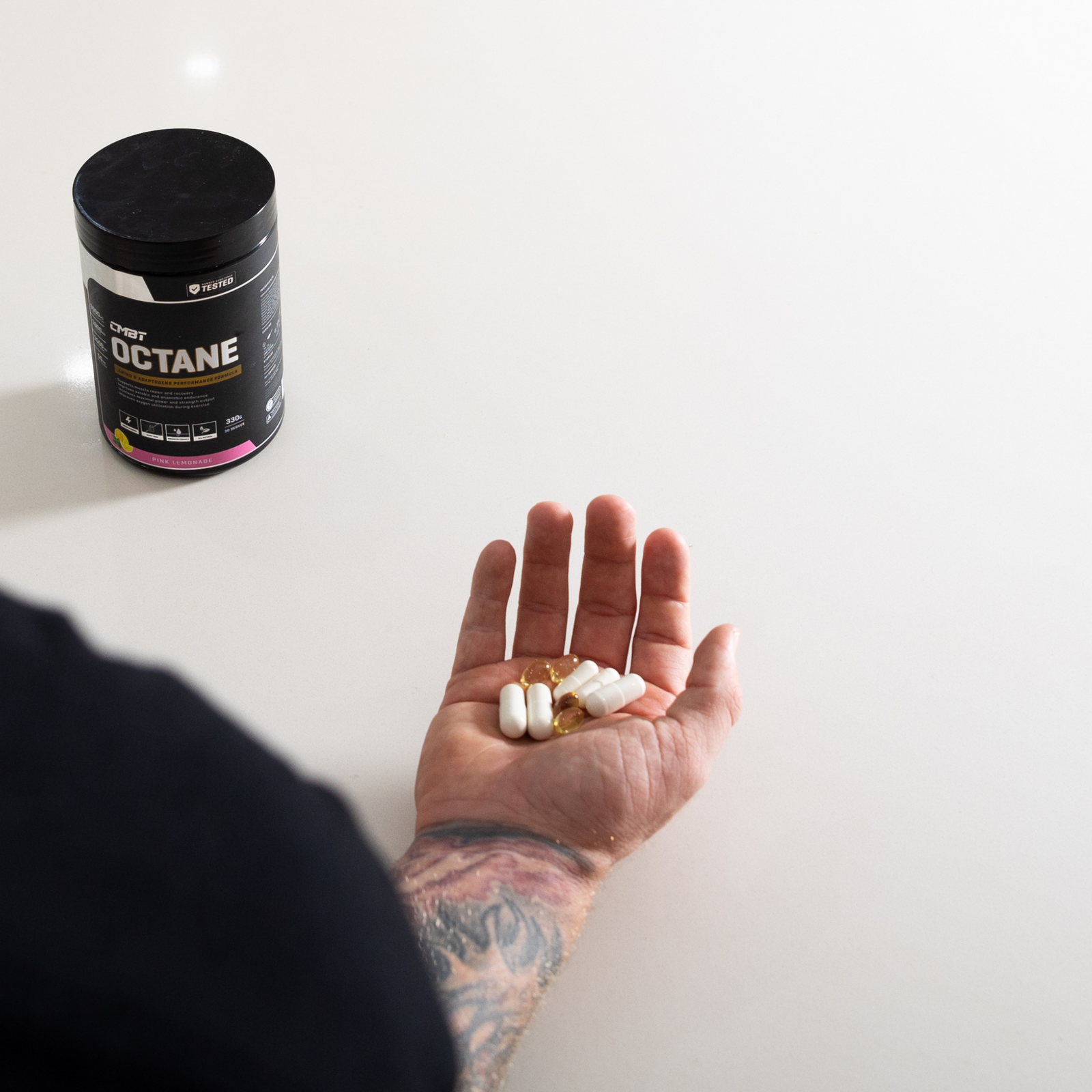

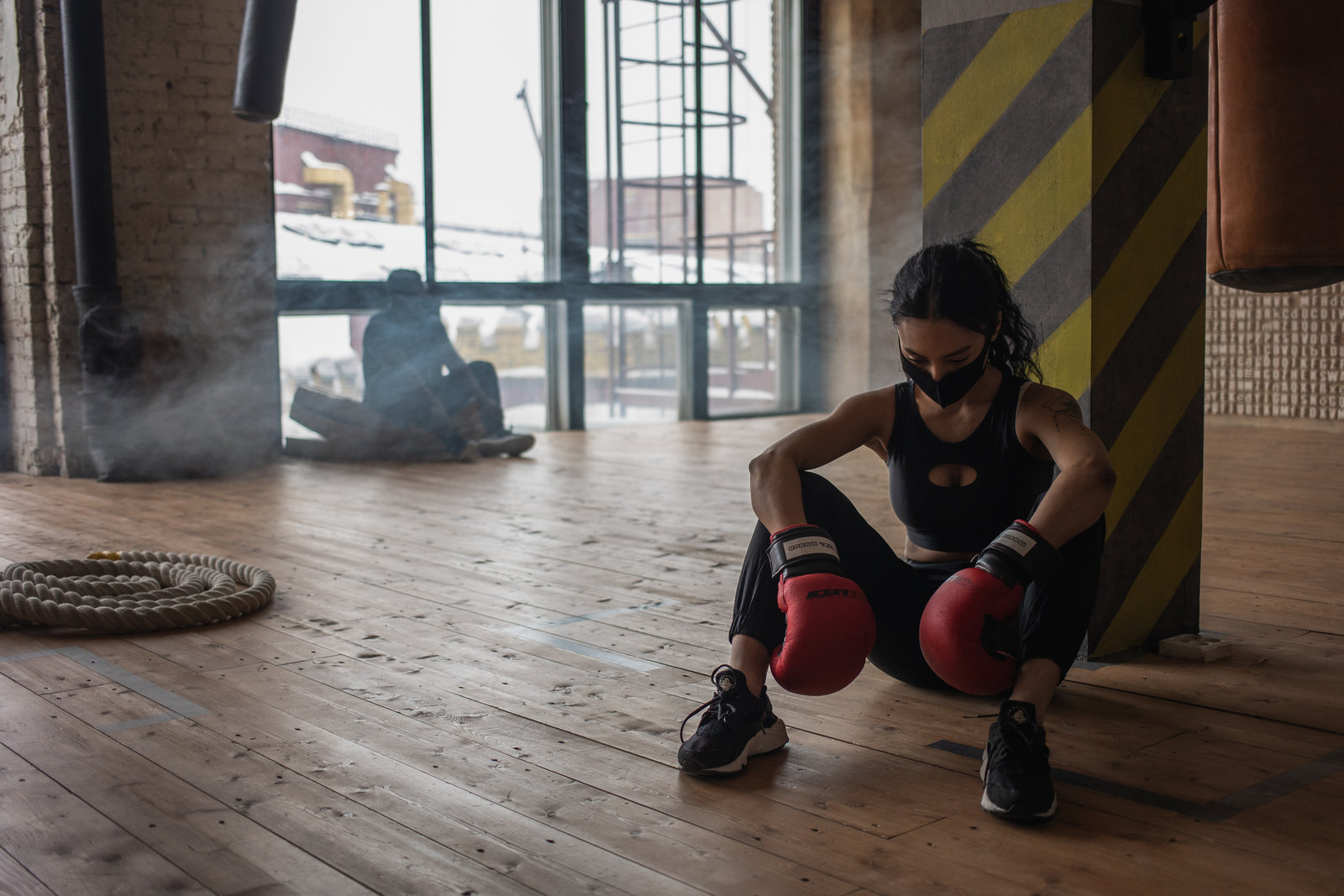
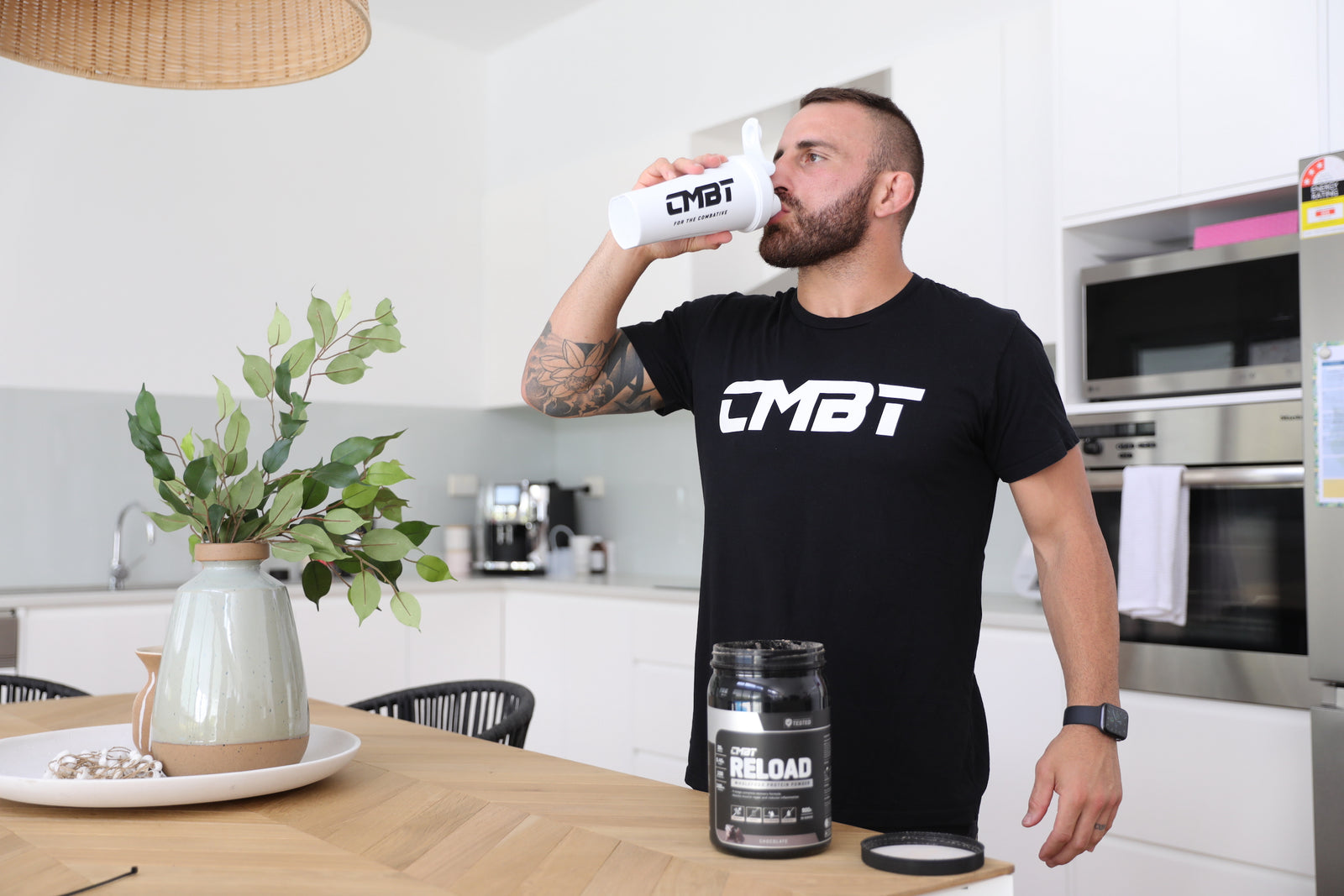
![[VIDEO] Fuel Your Passion feat. Sami Locke](http://cmbt.com.au/cdn/shop/articles/Sami.jpg?v=1625826844&width=1600)